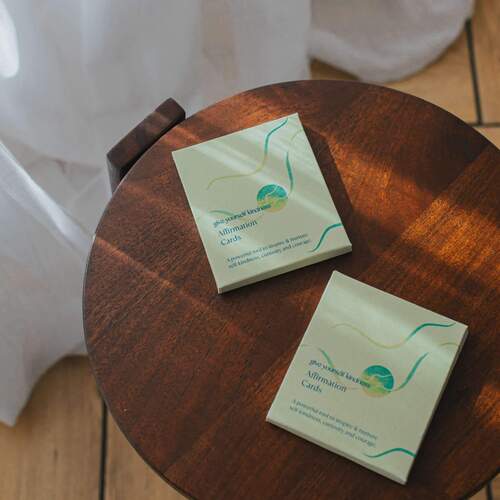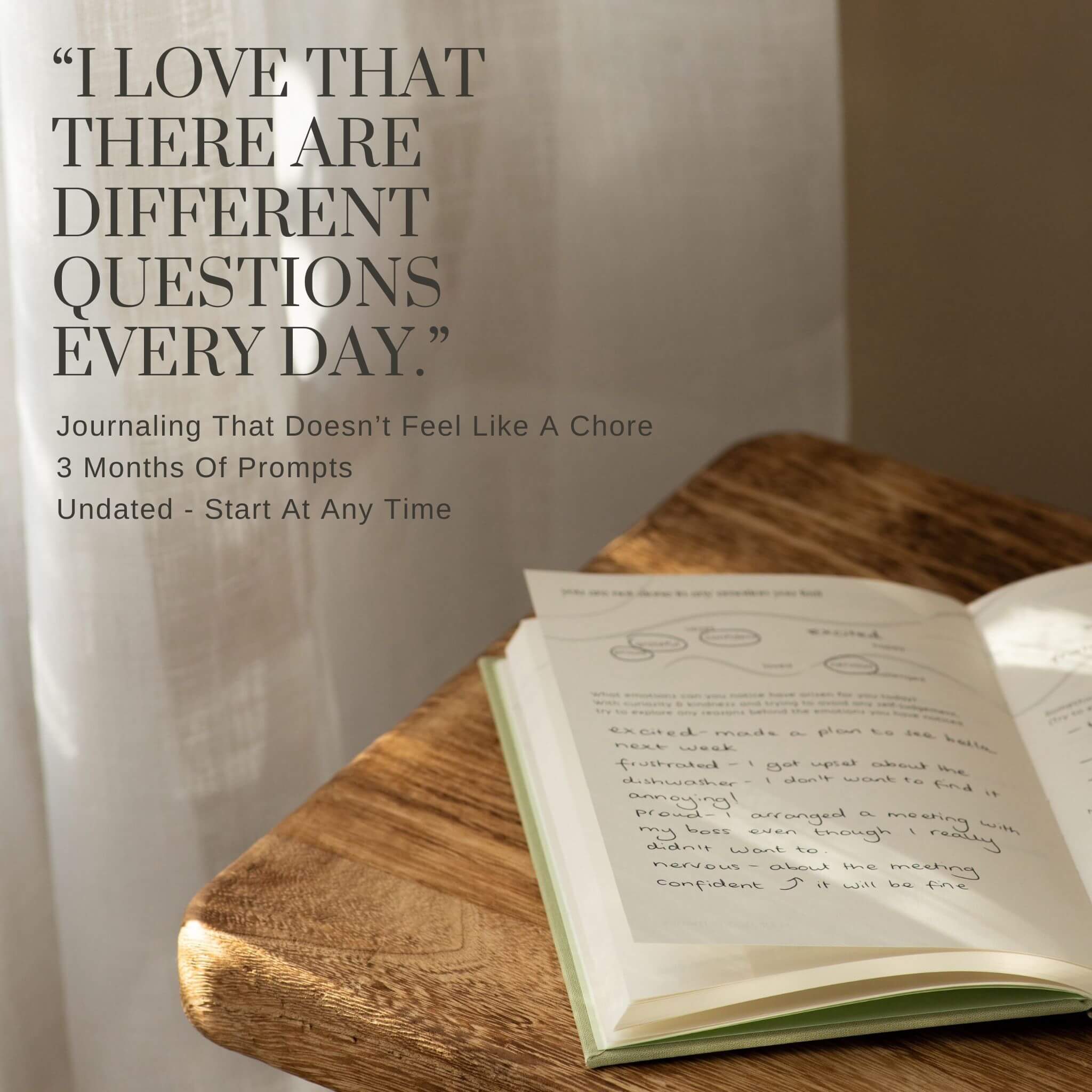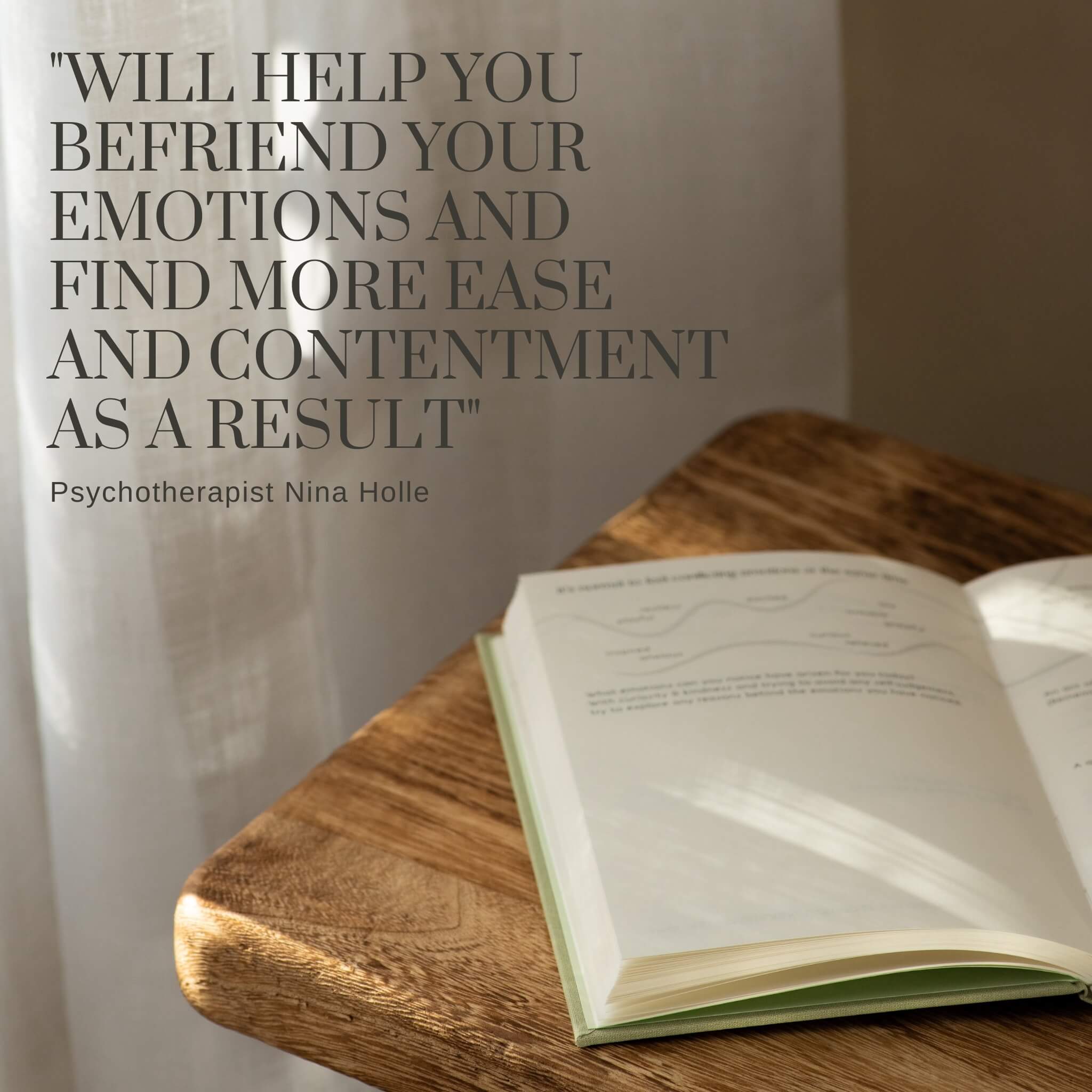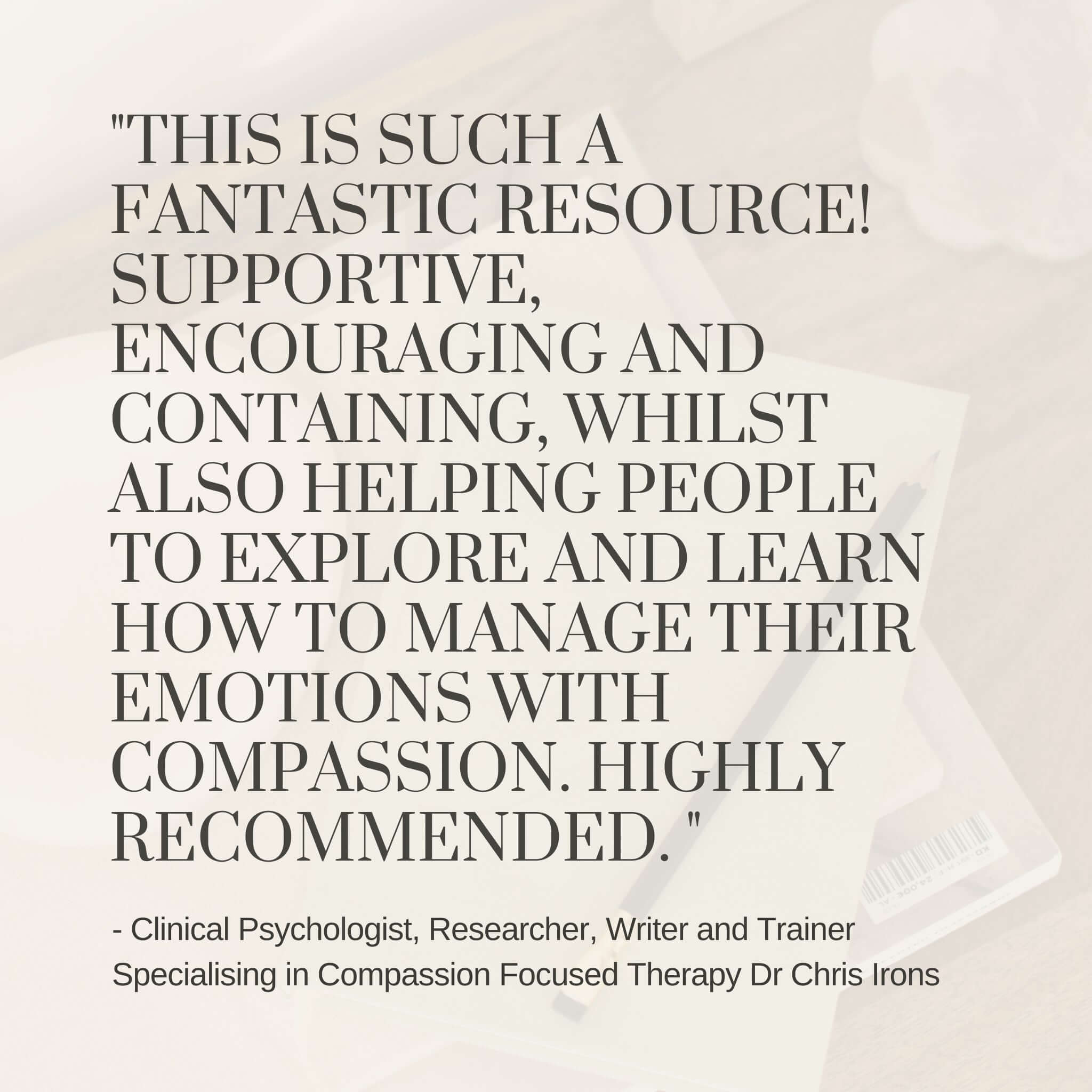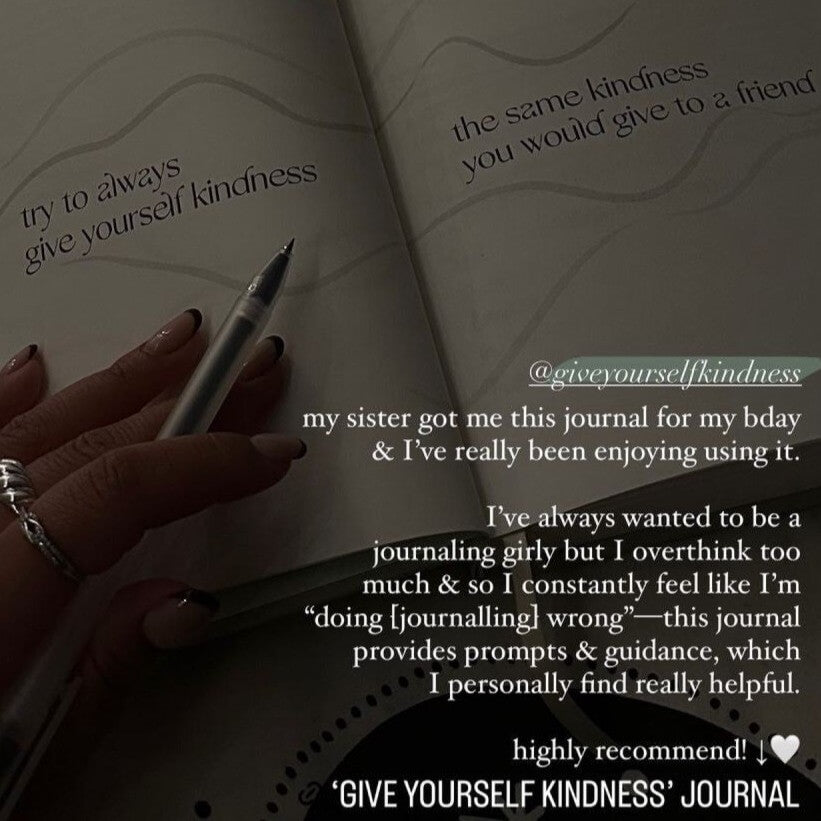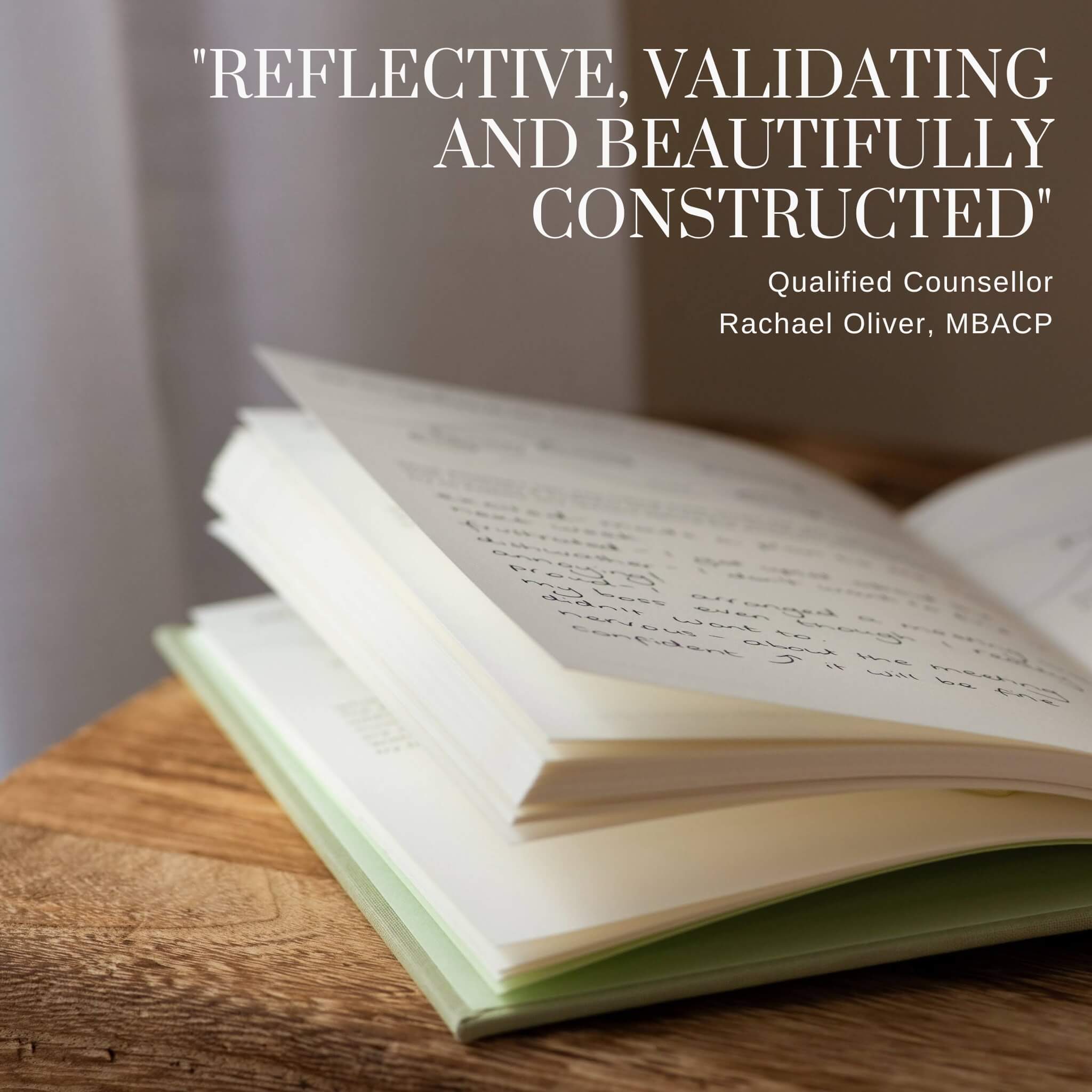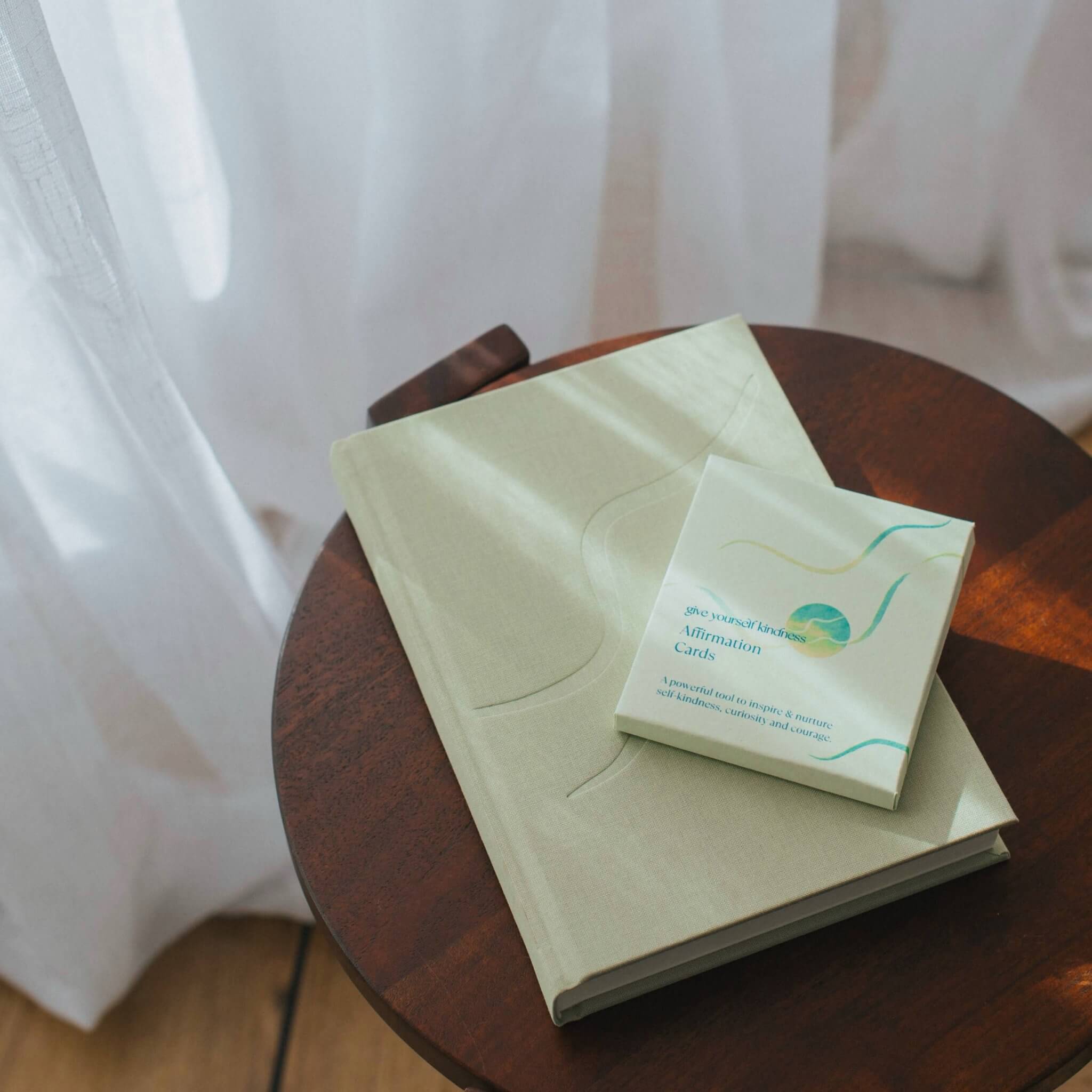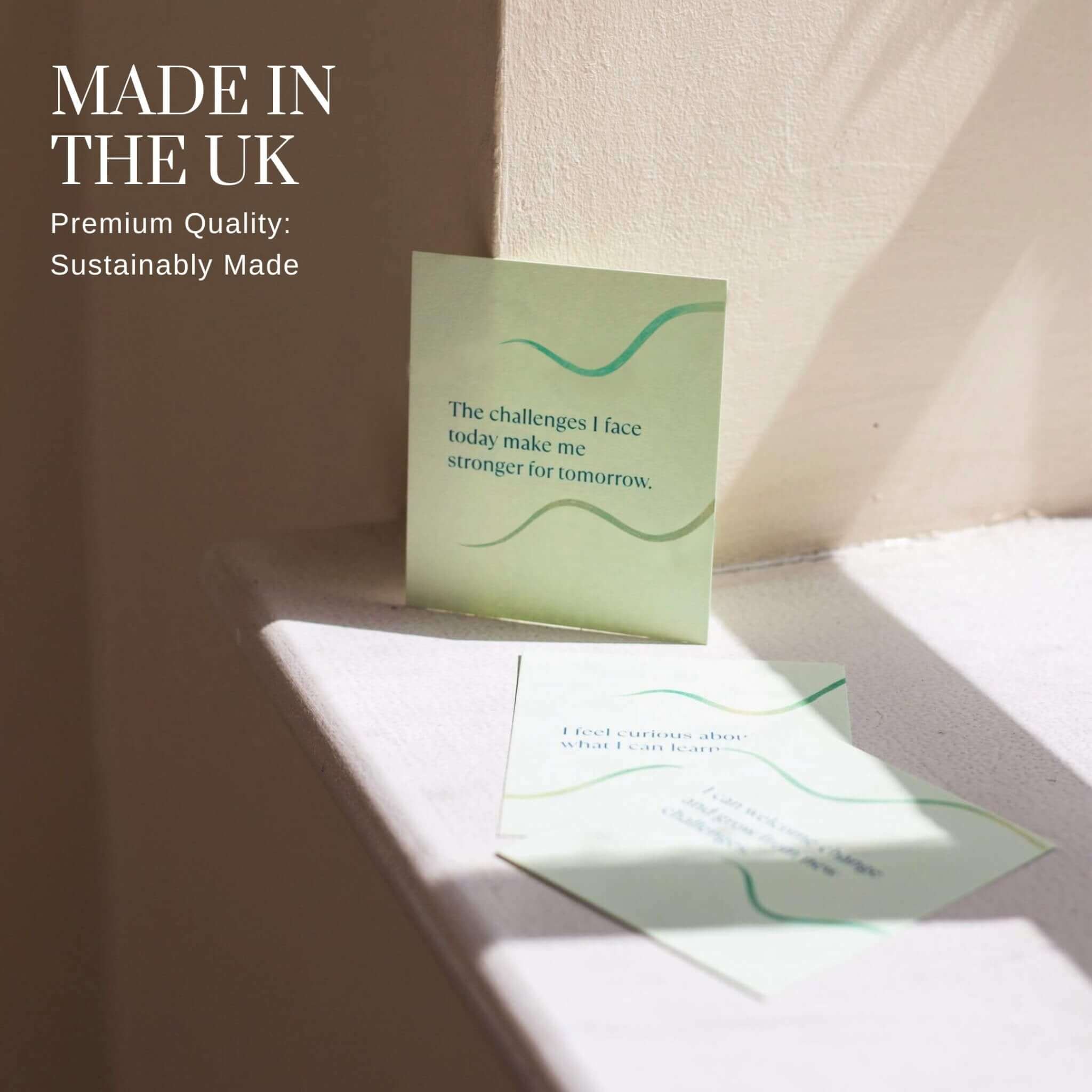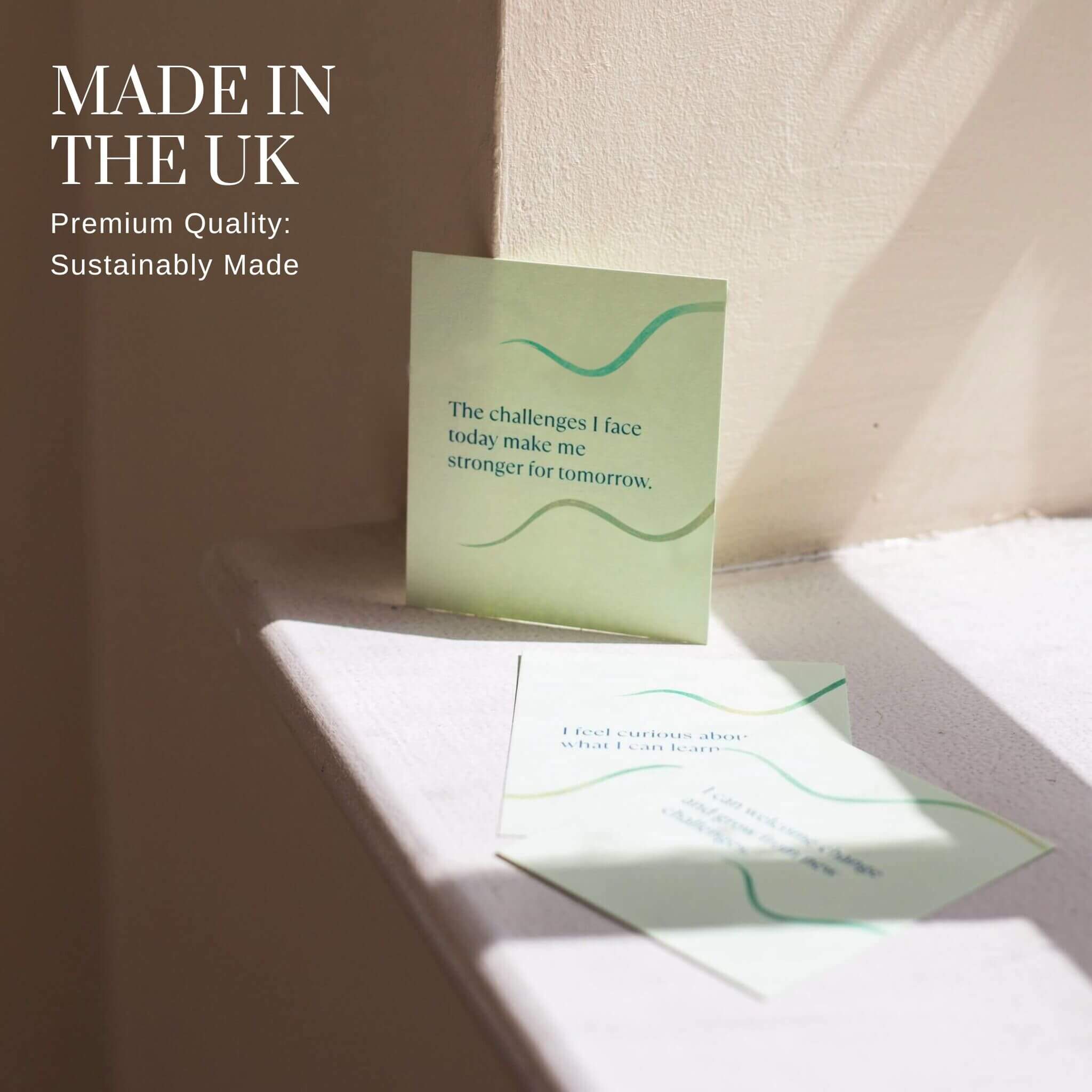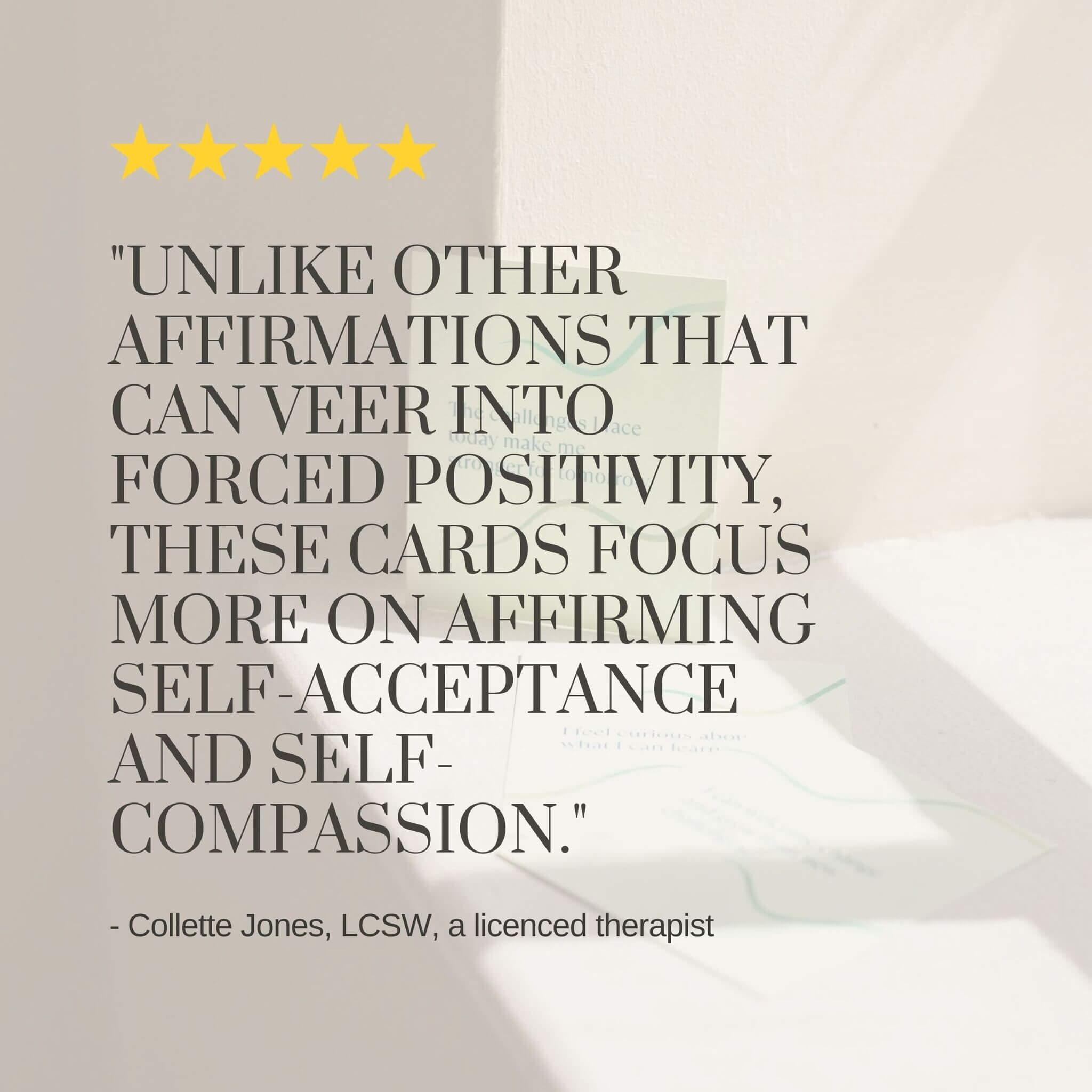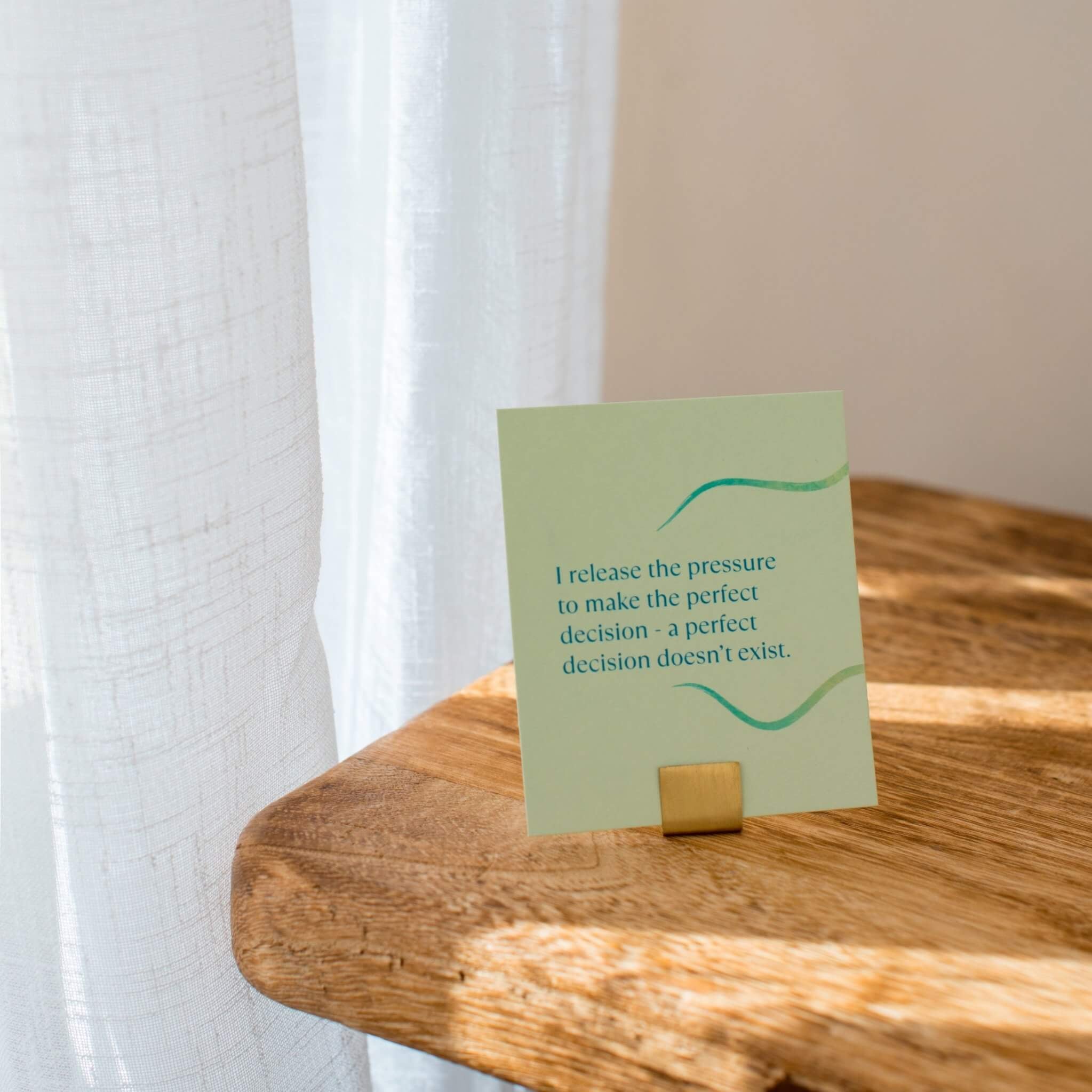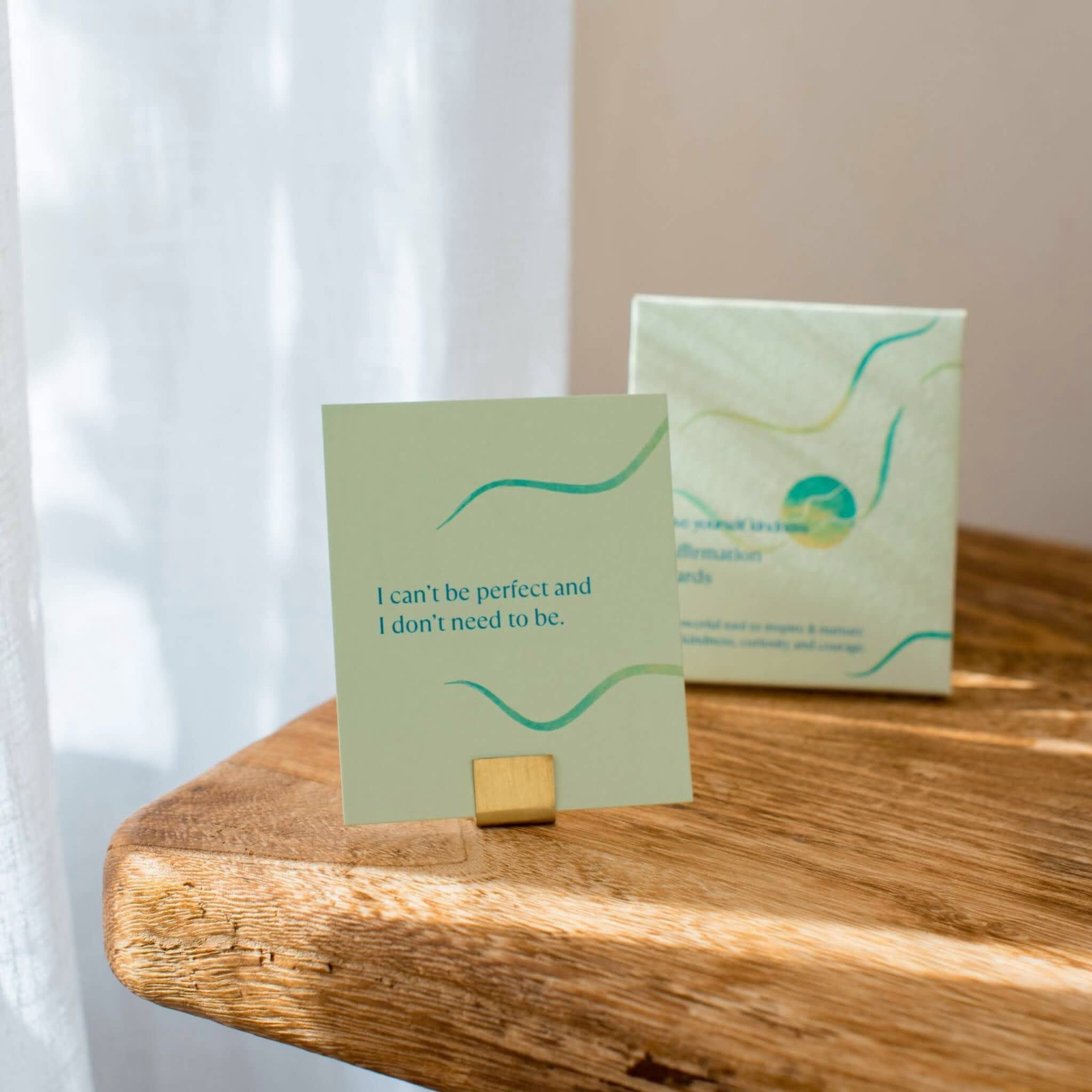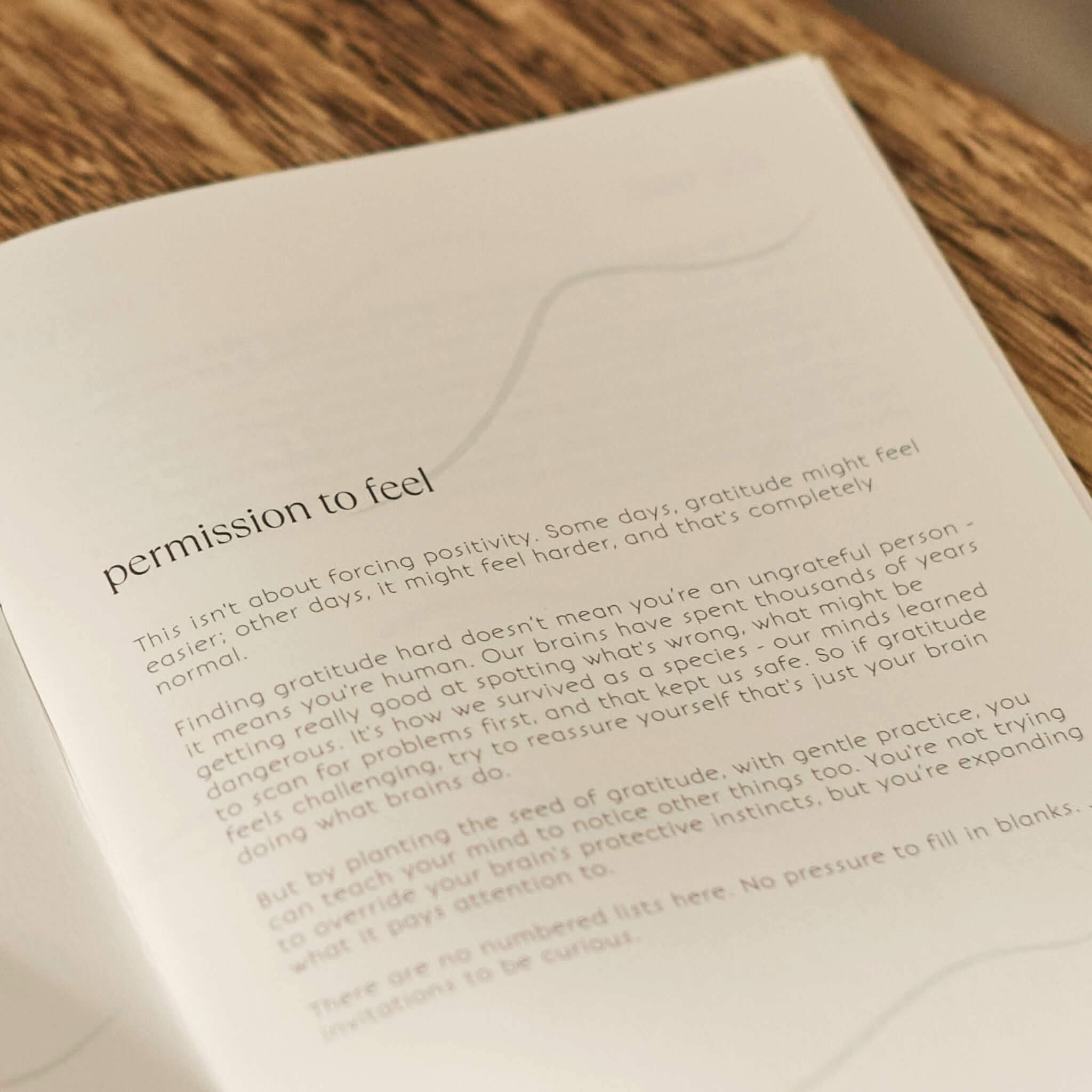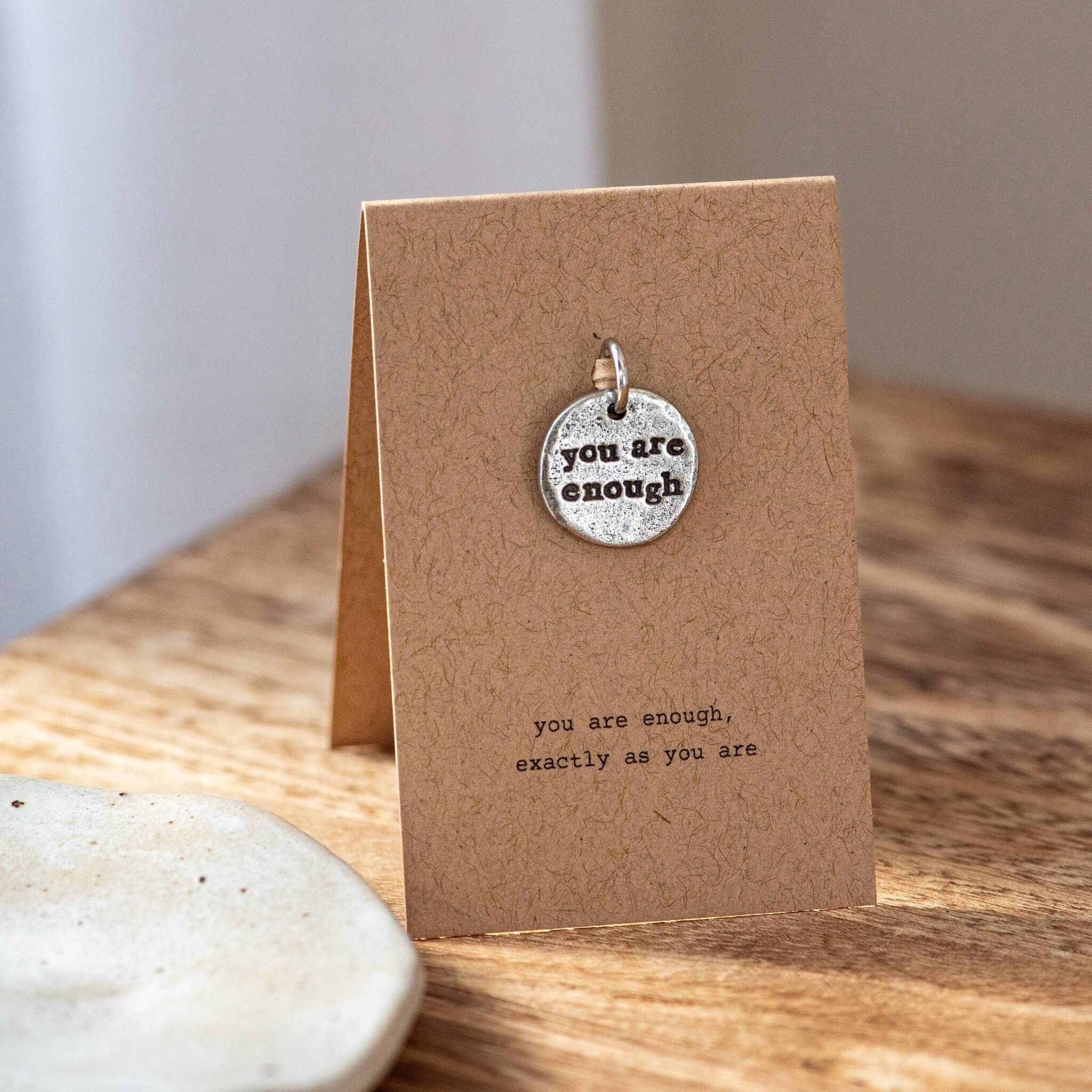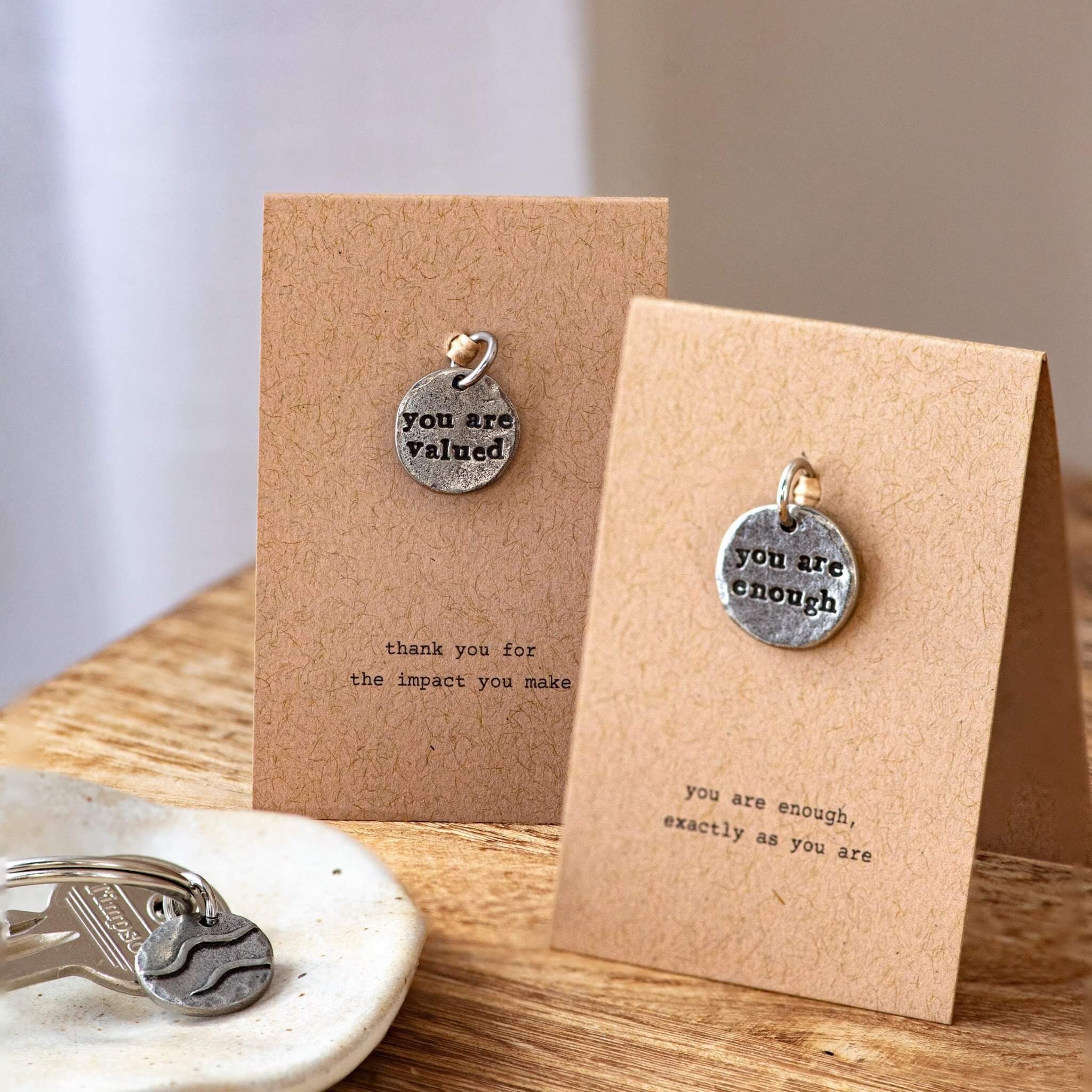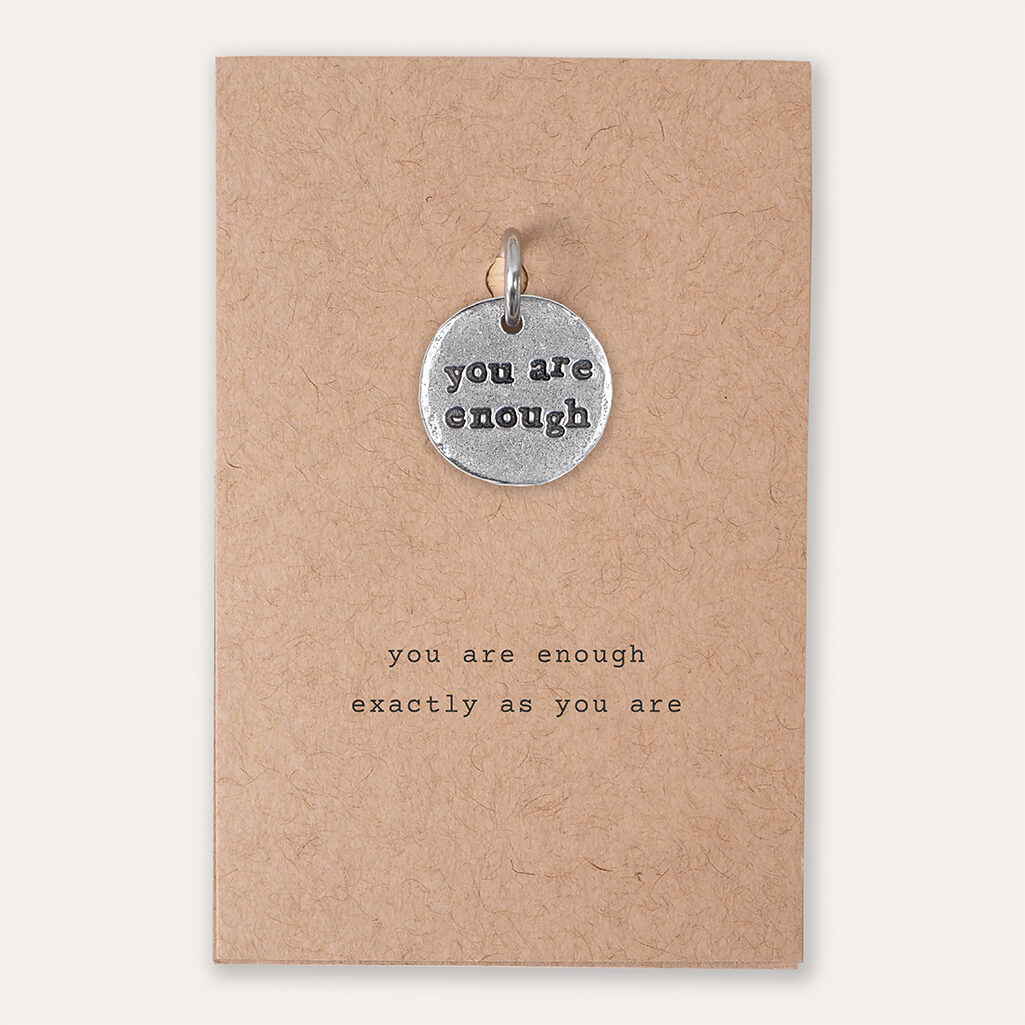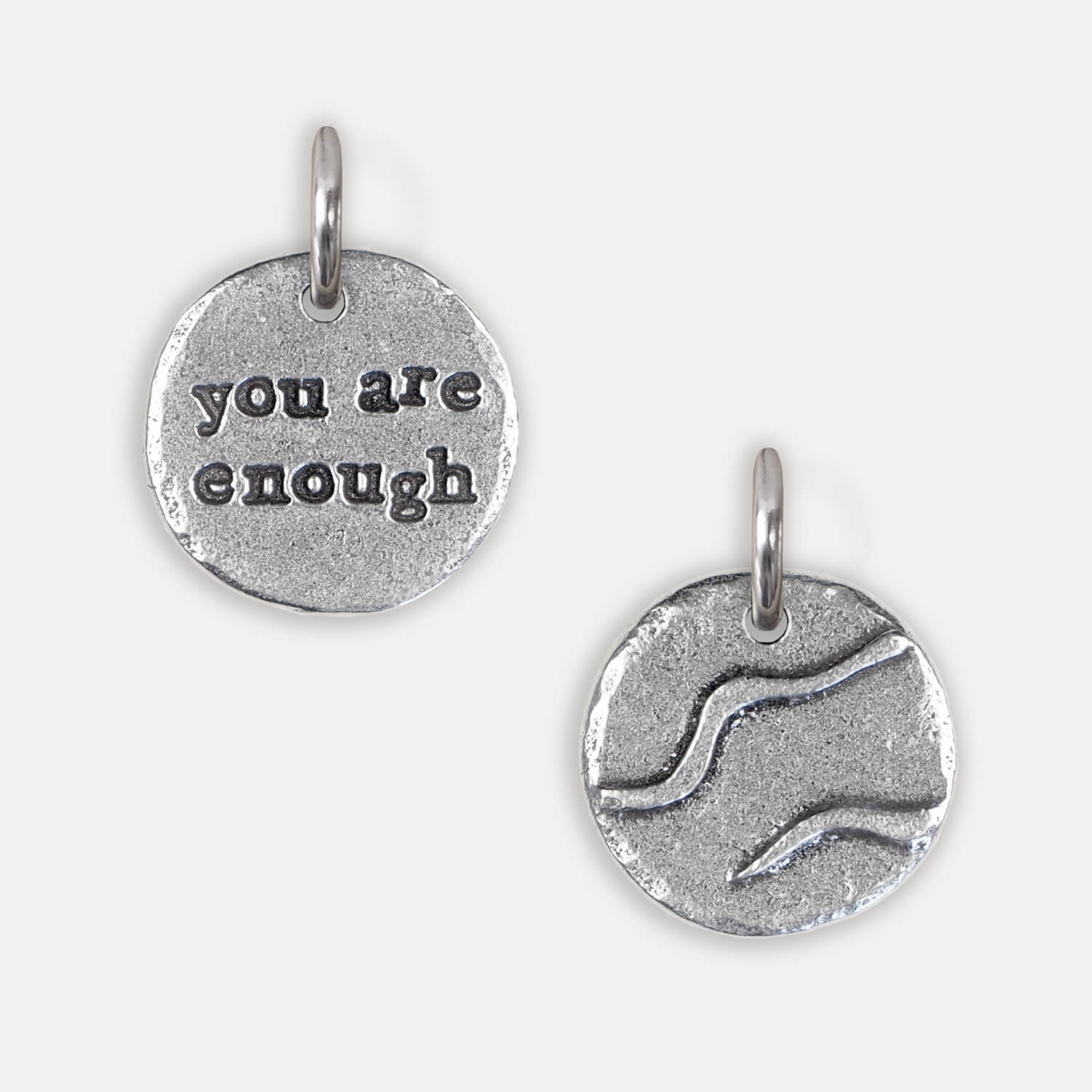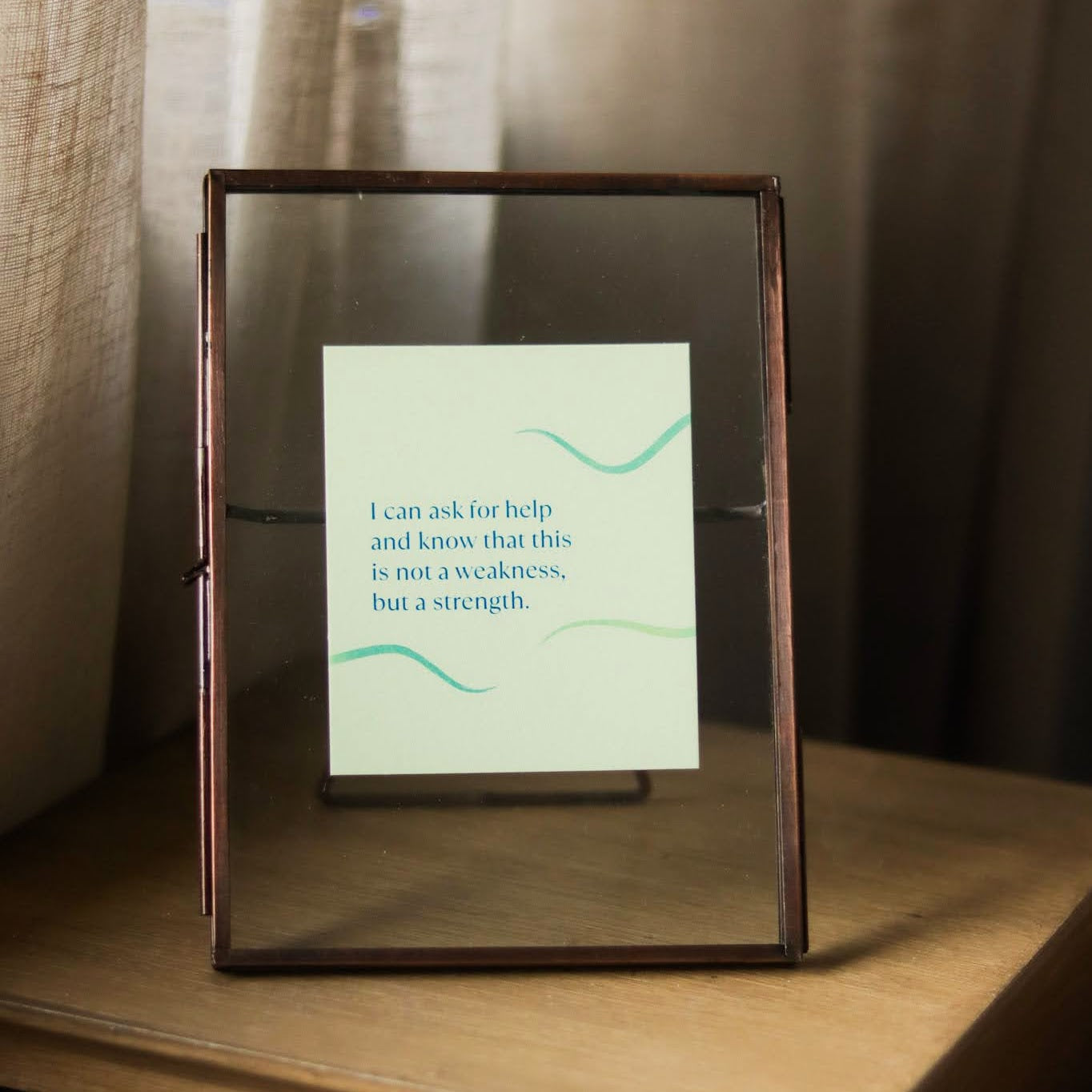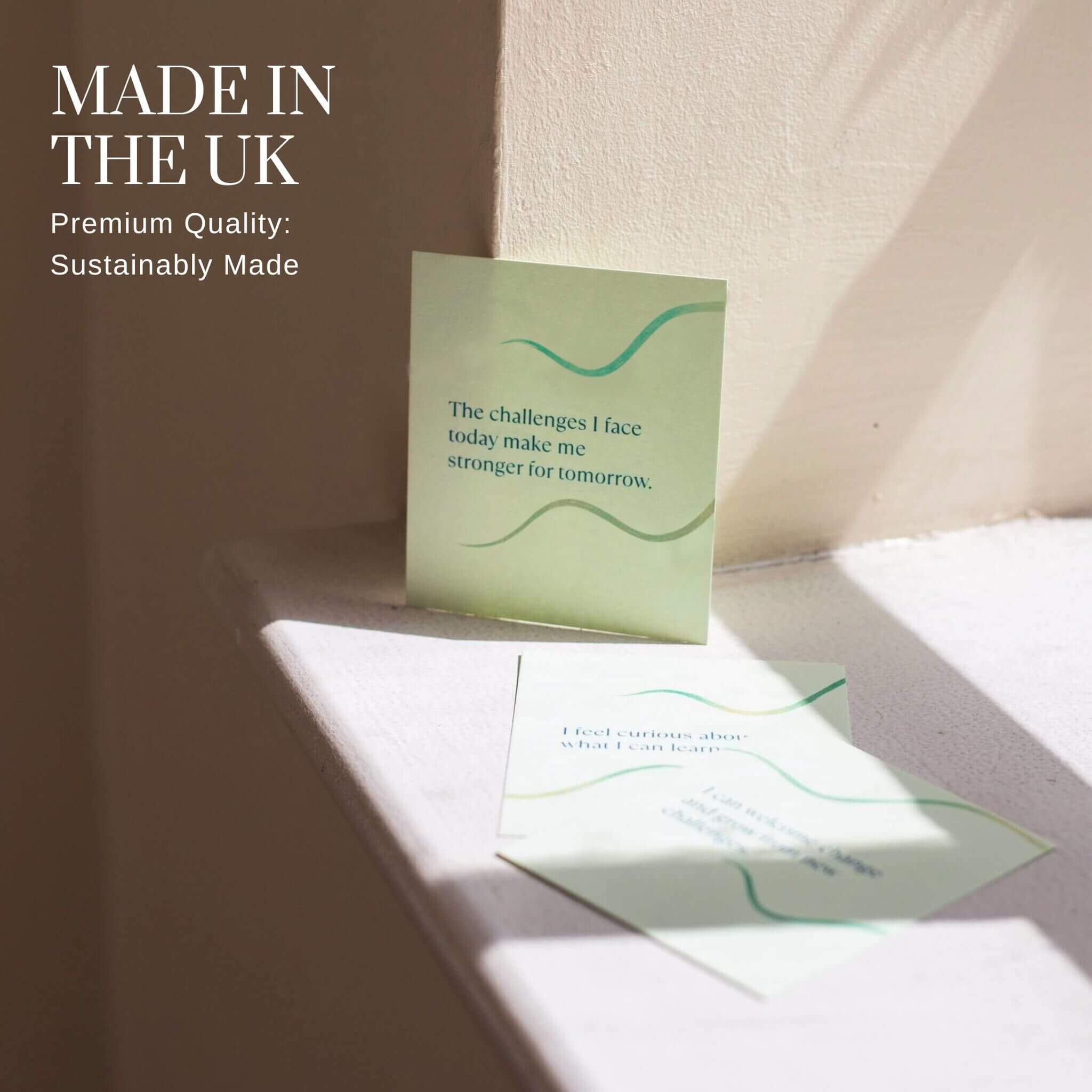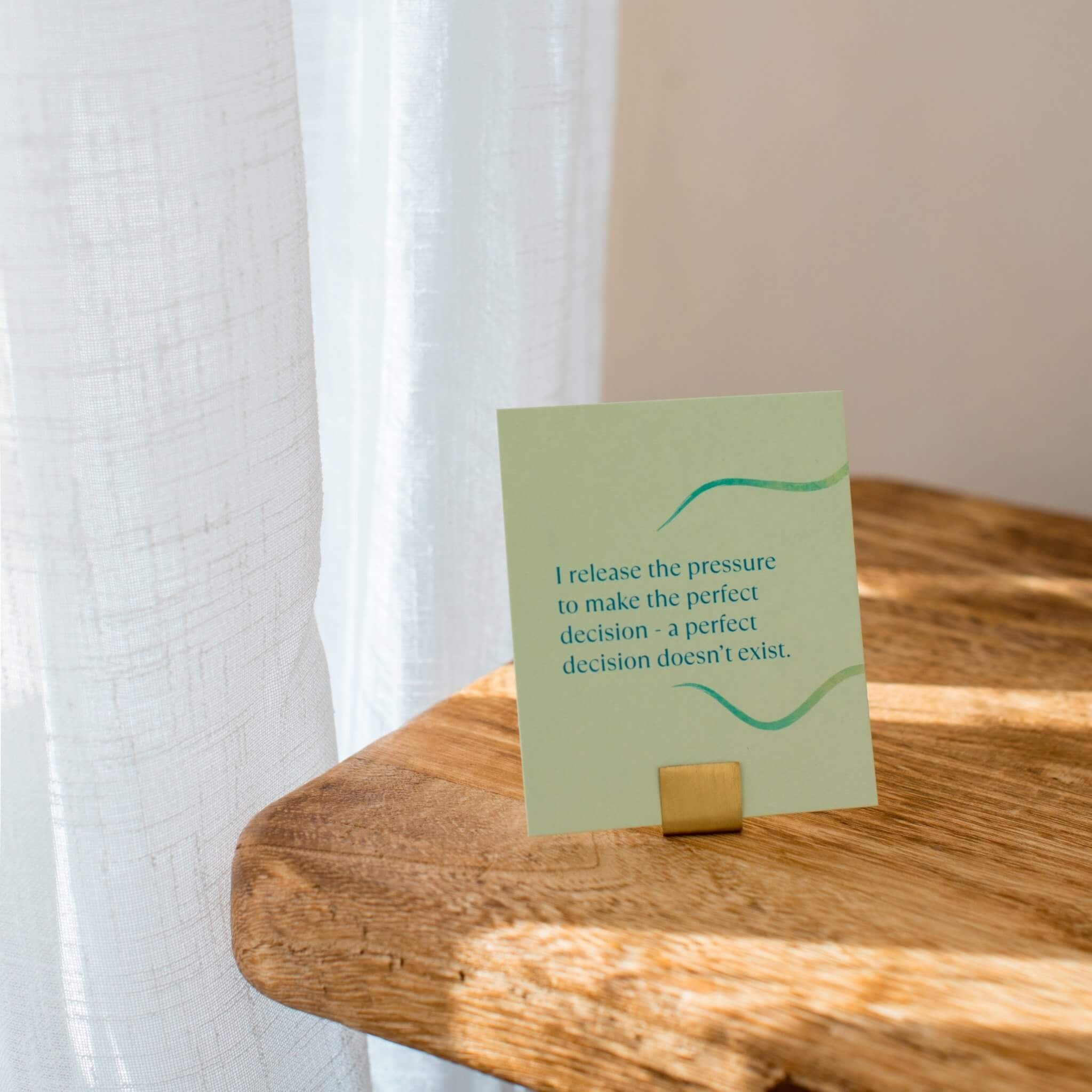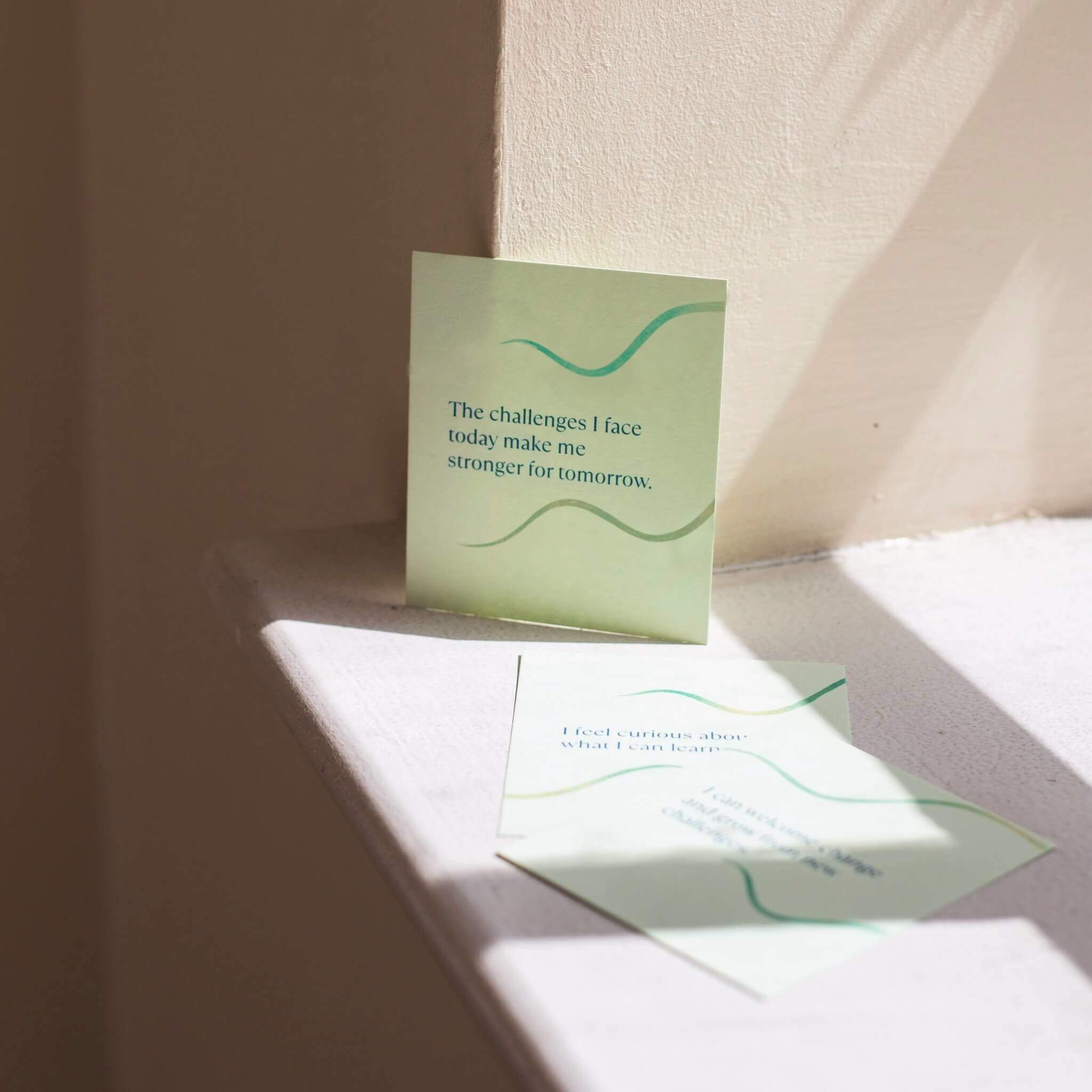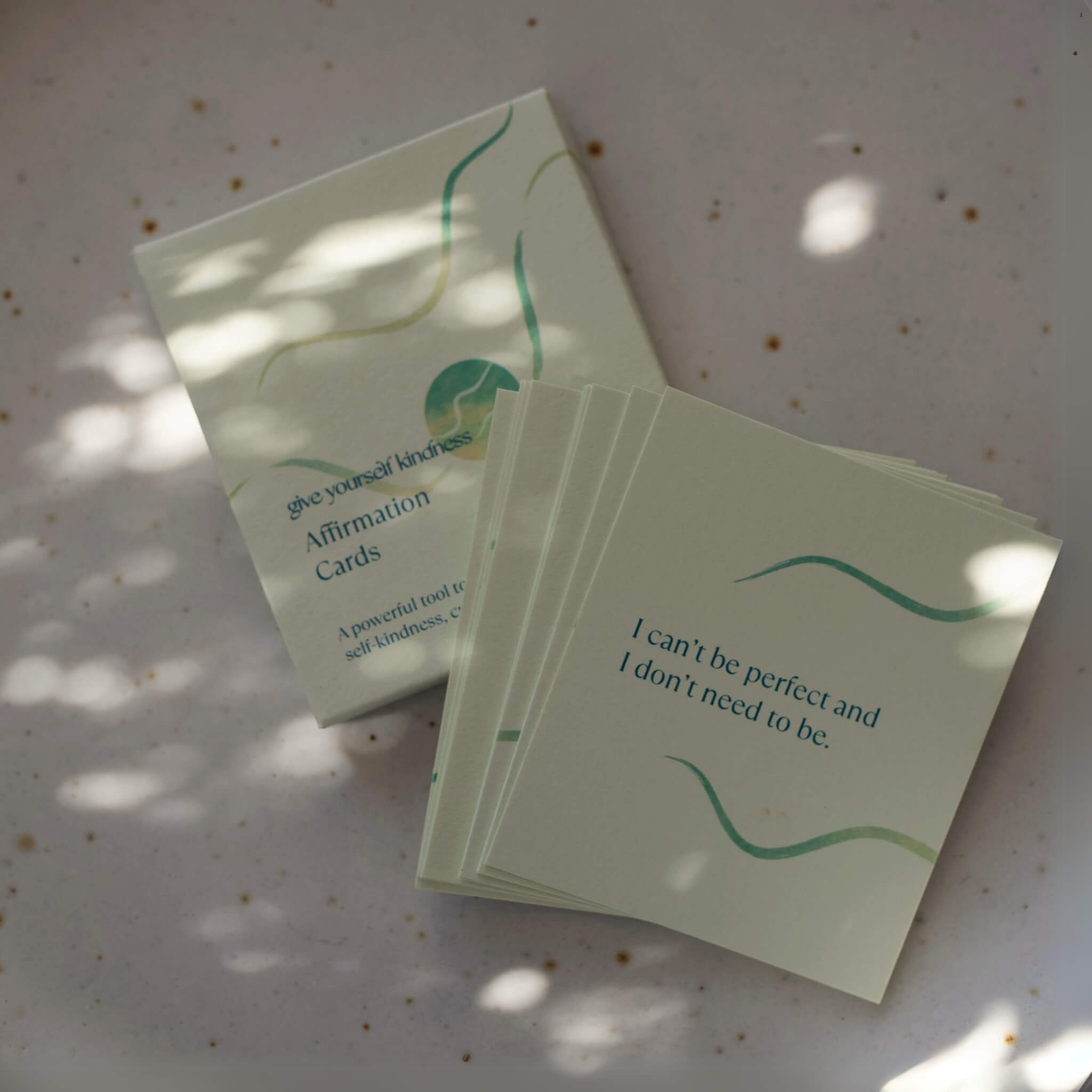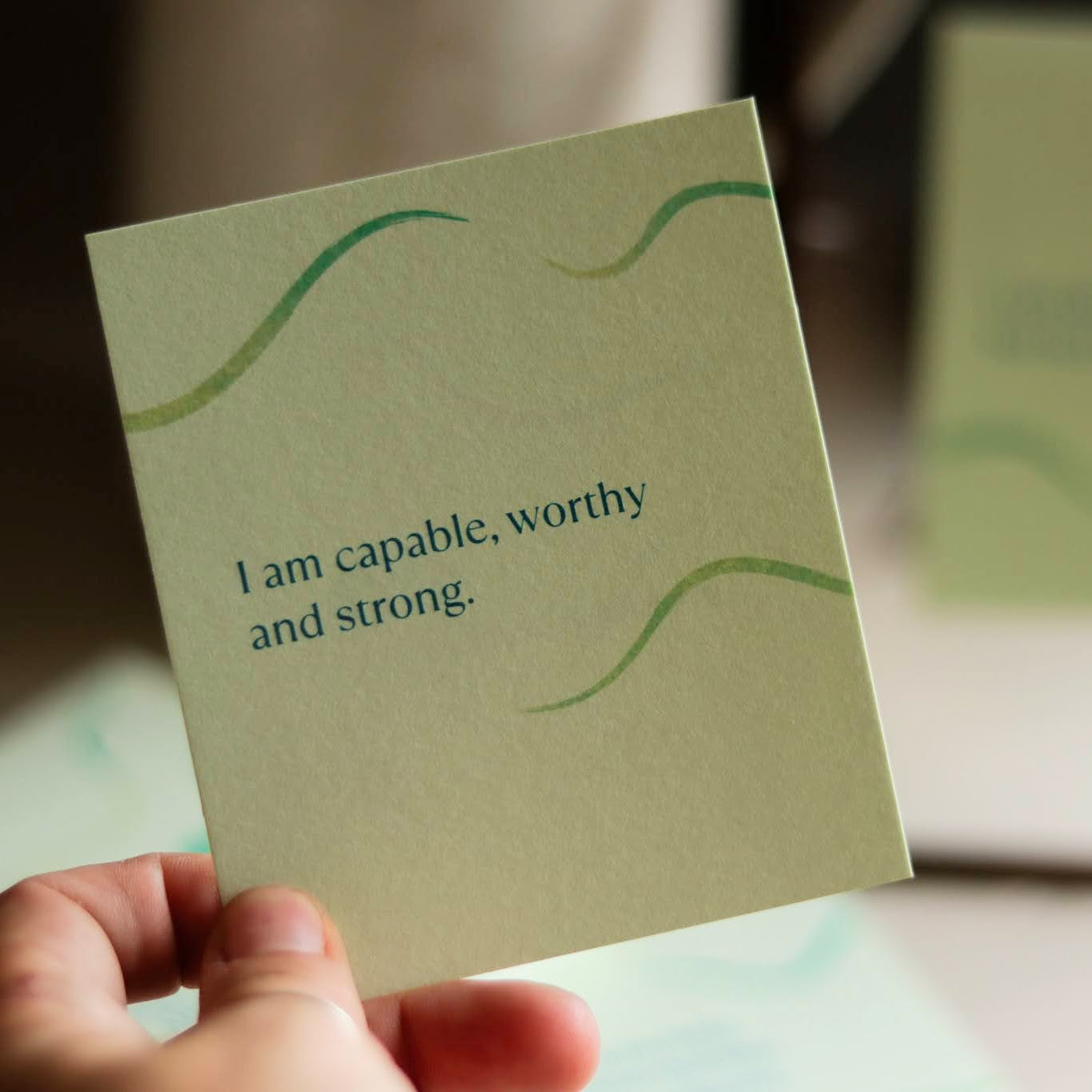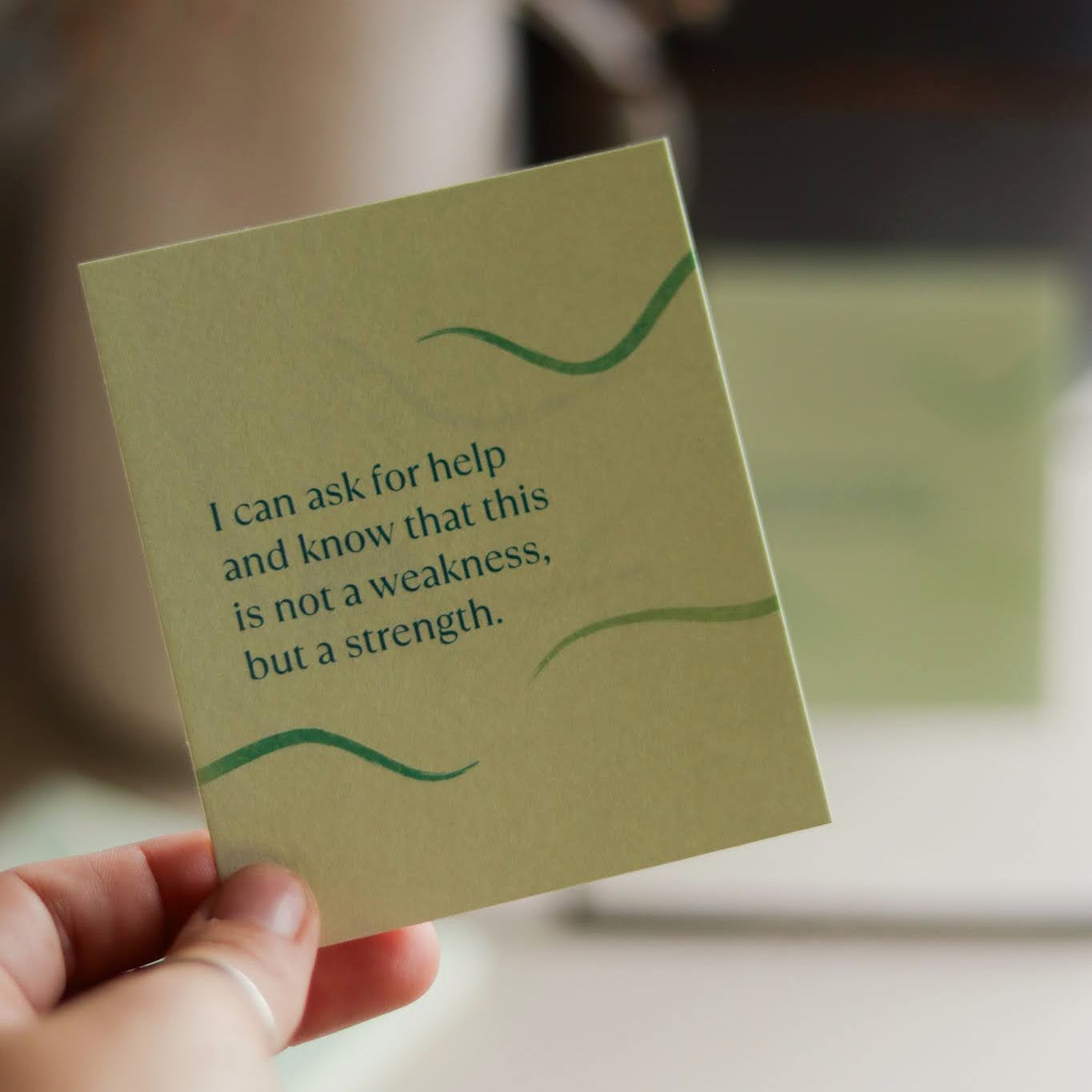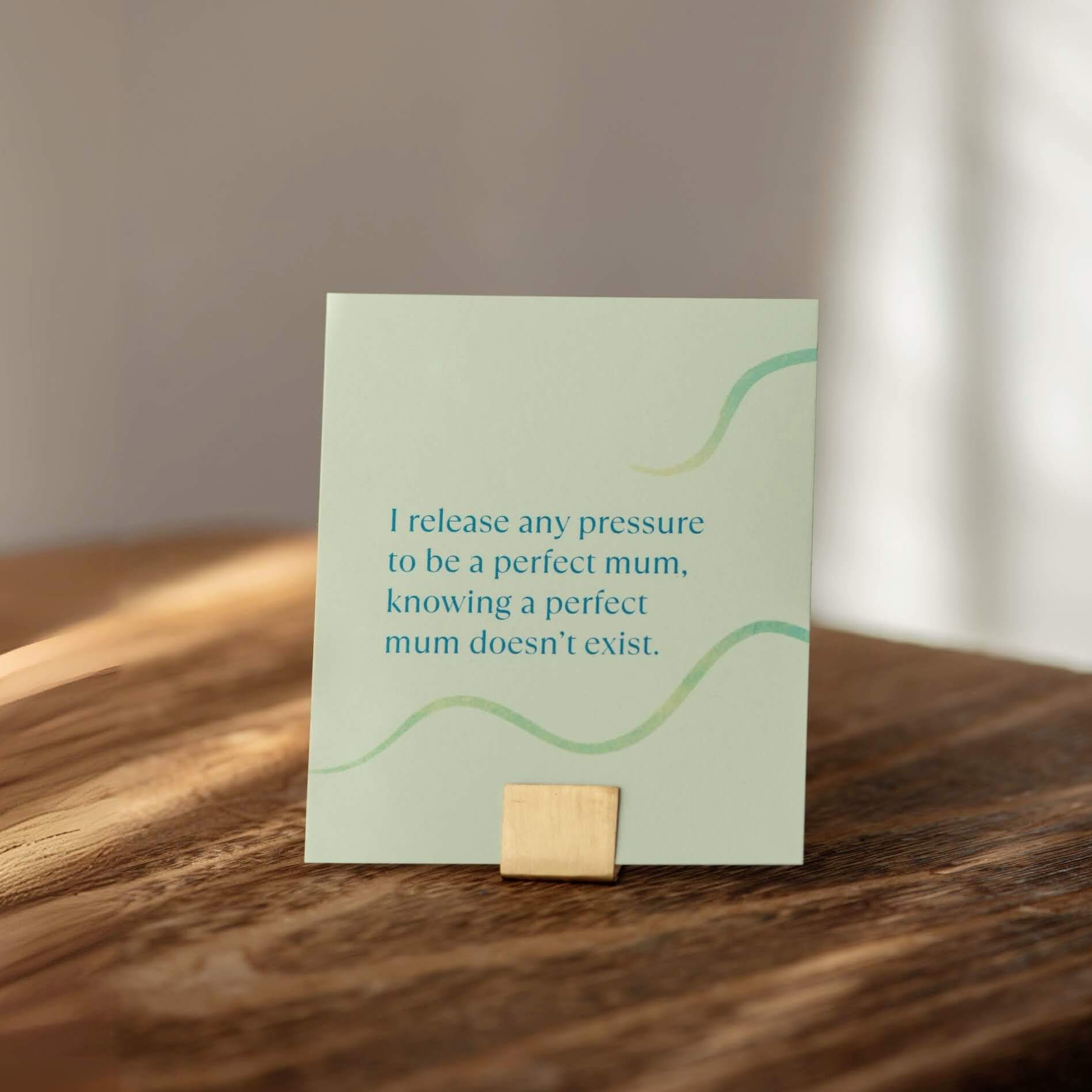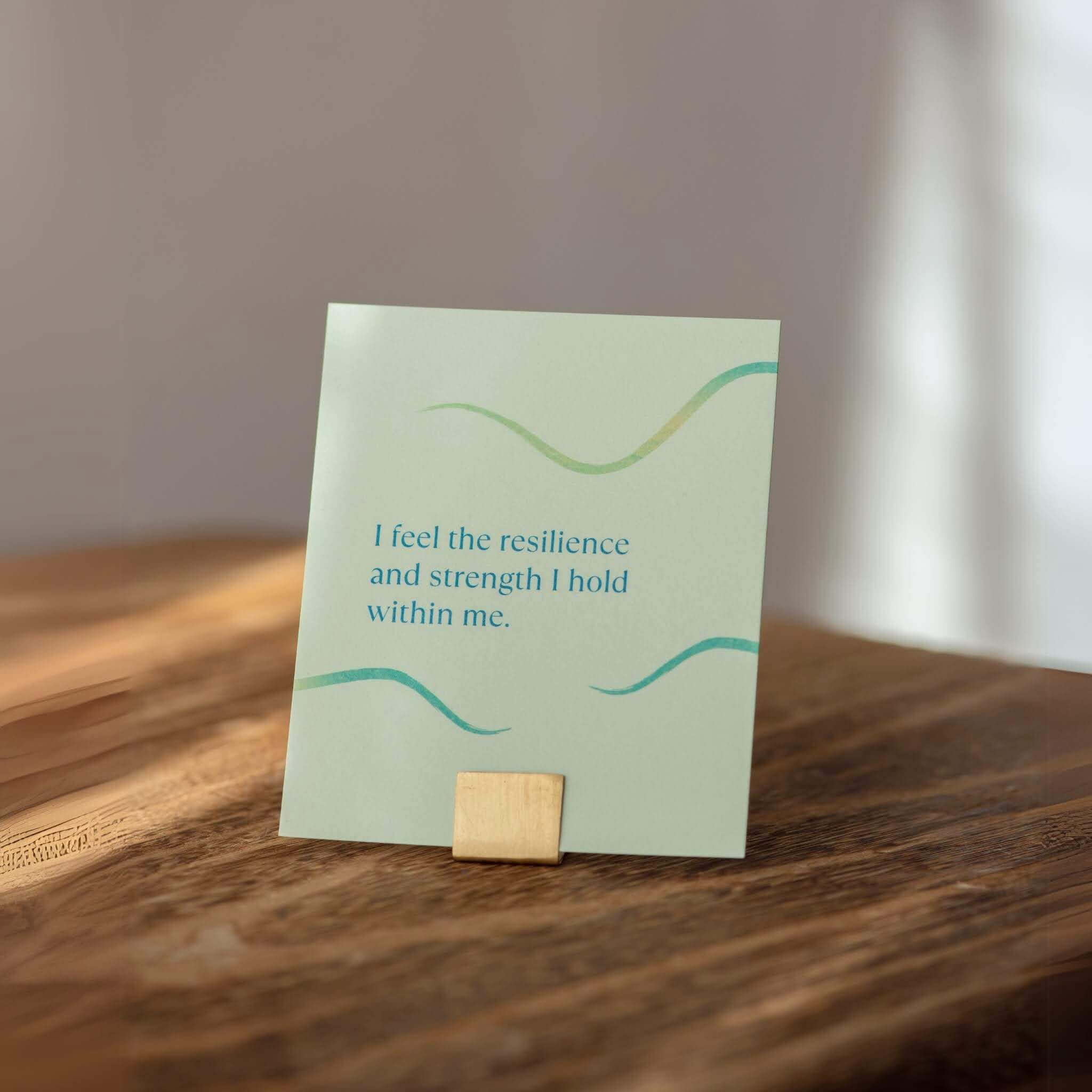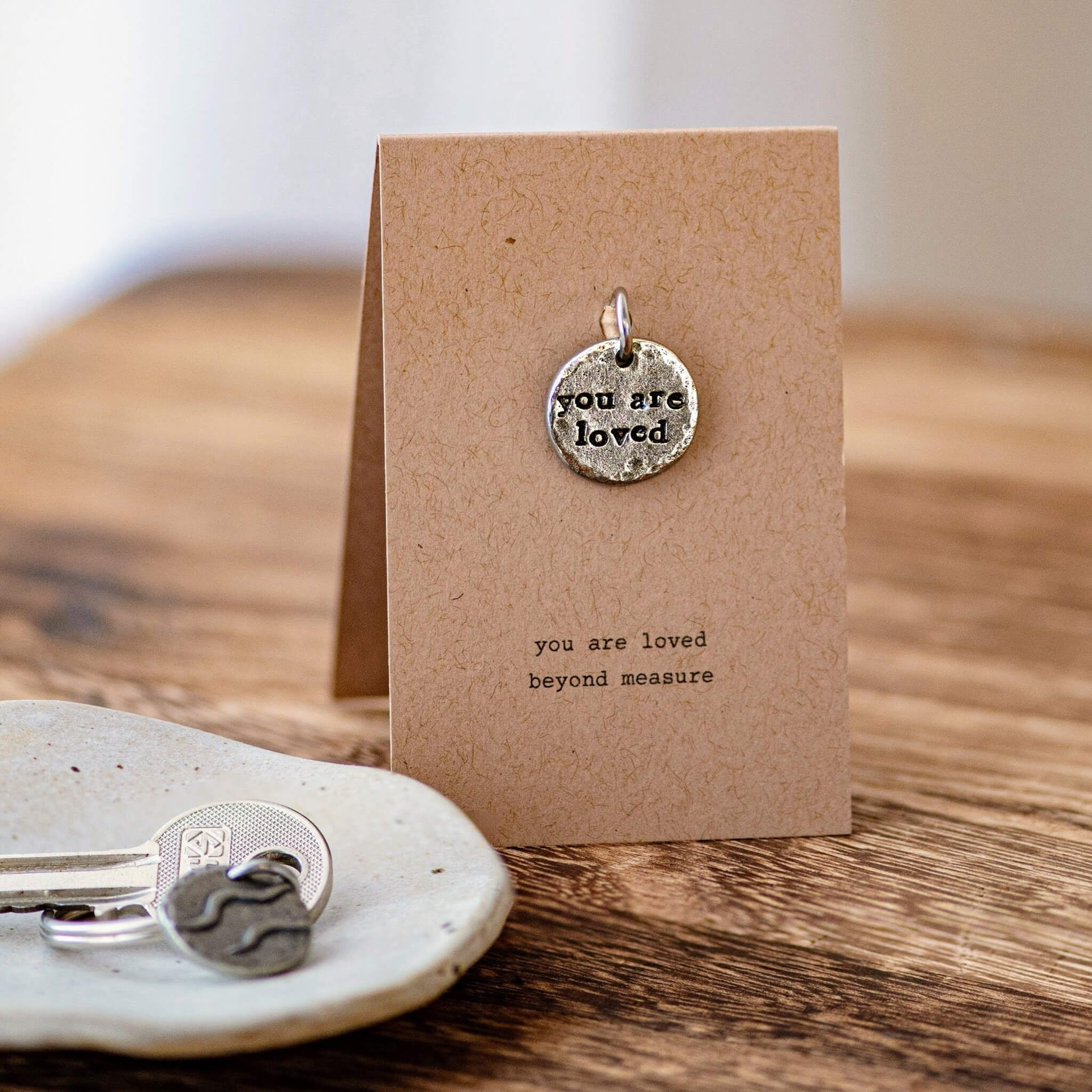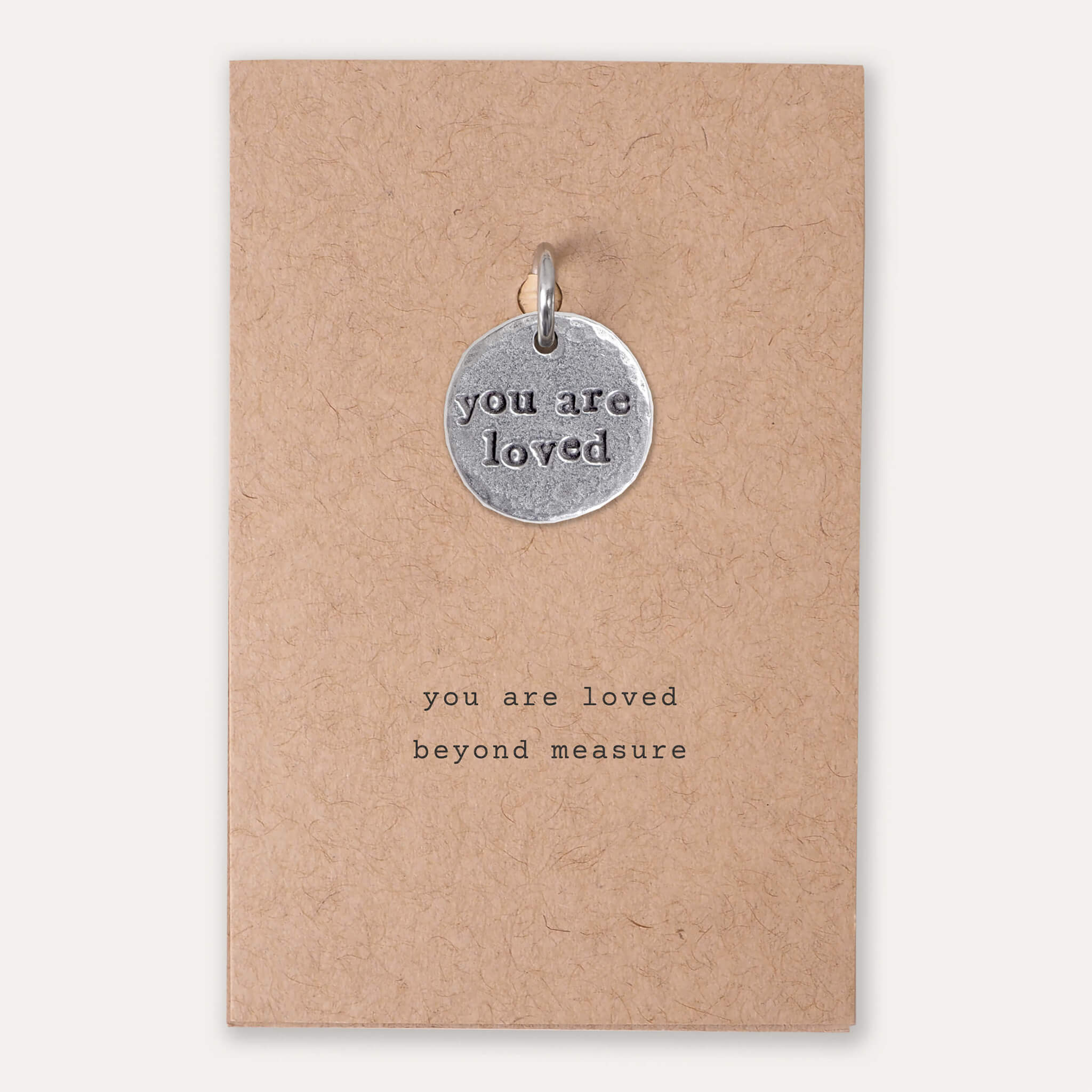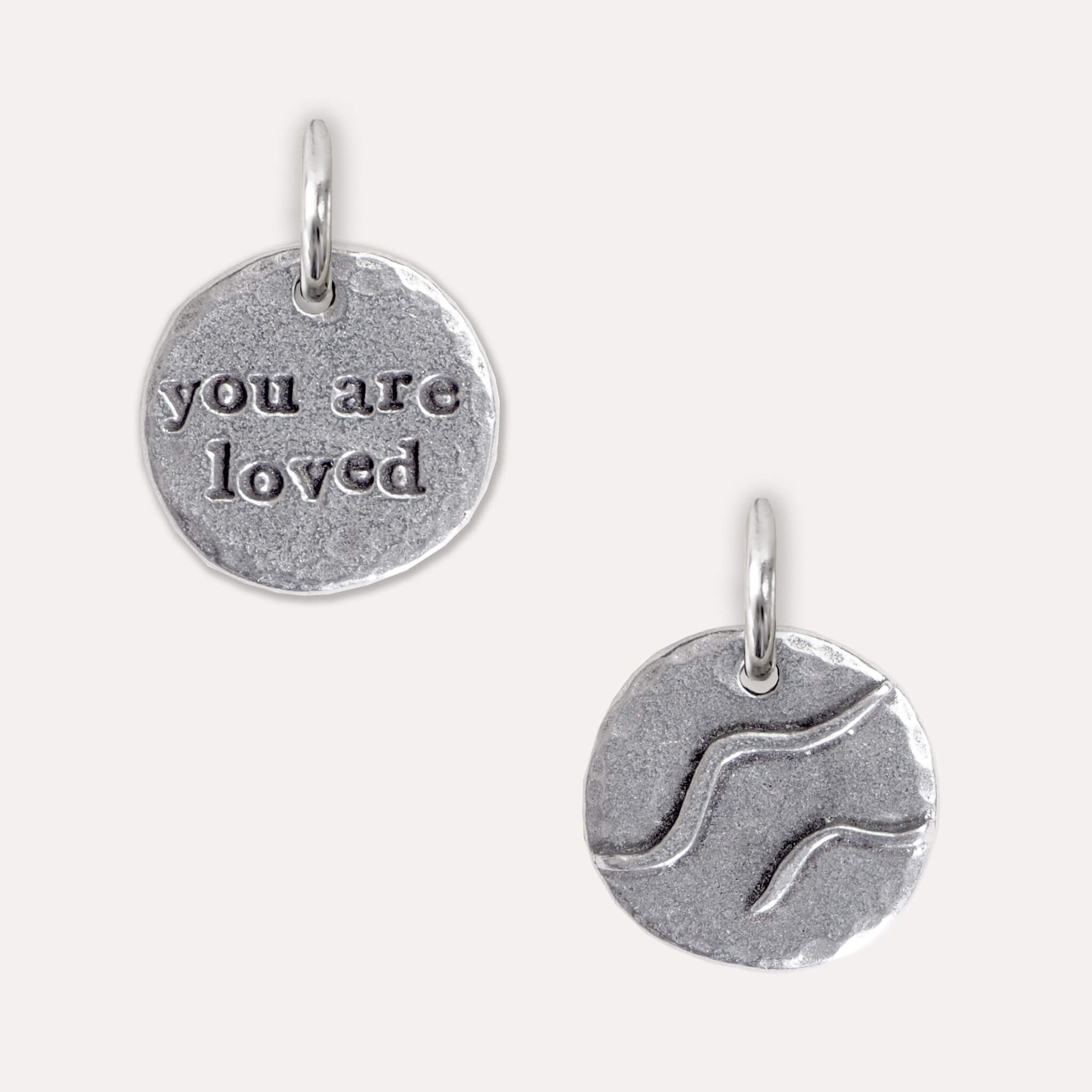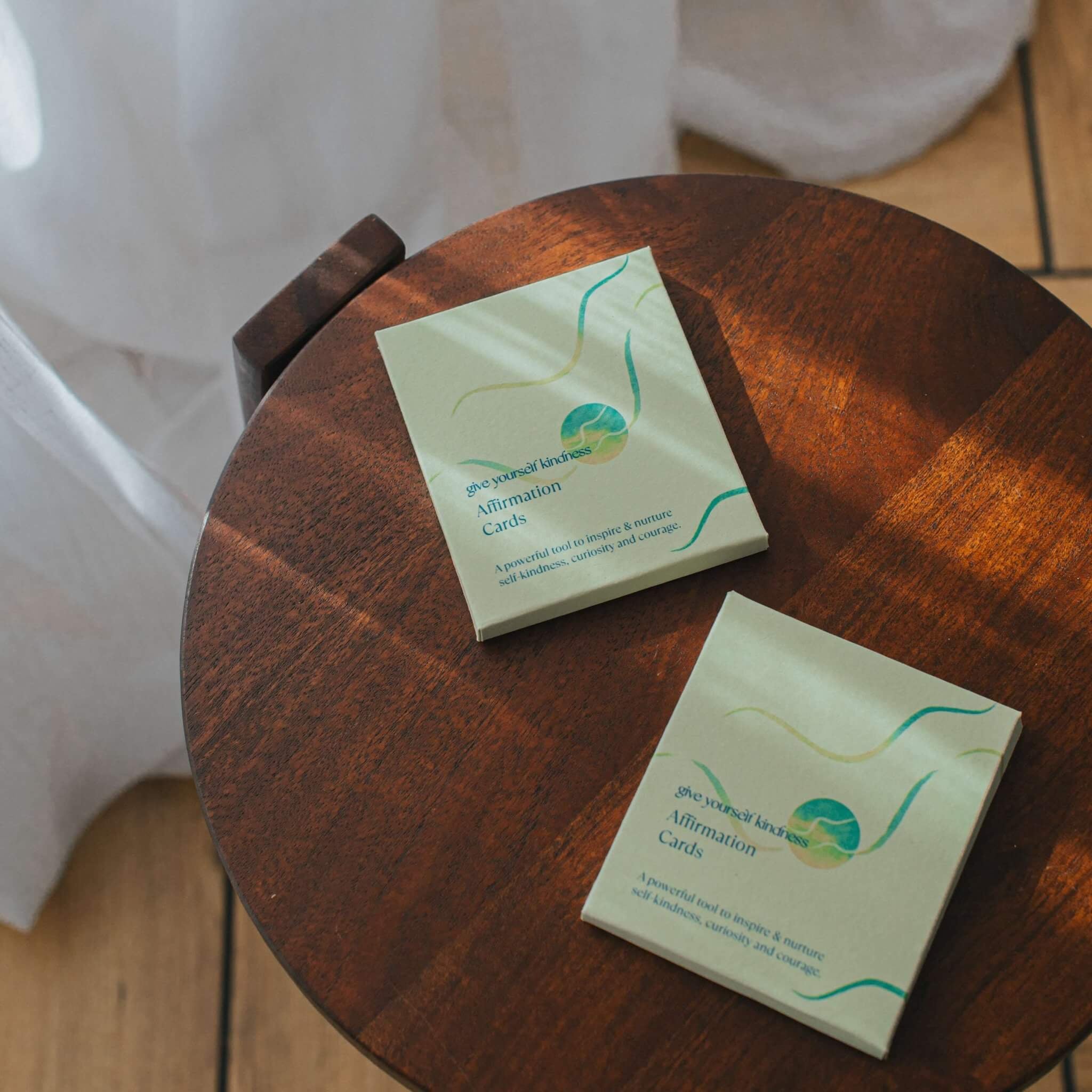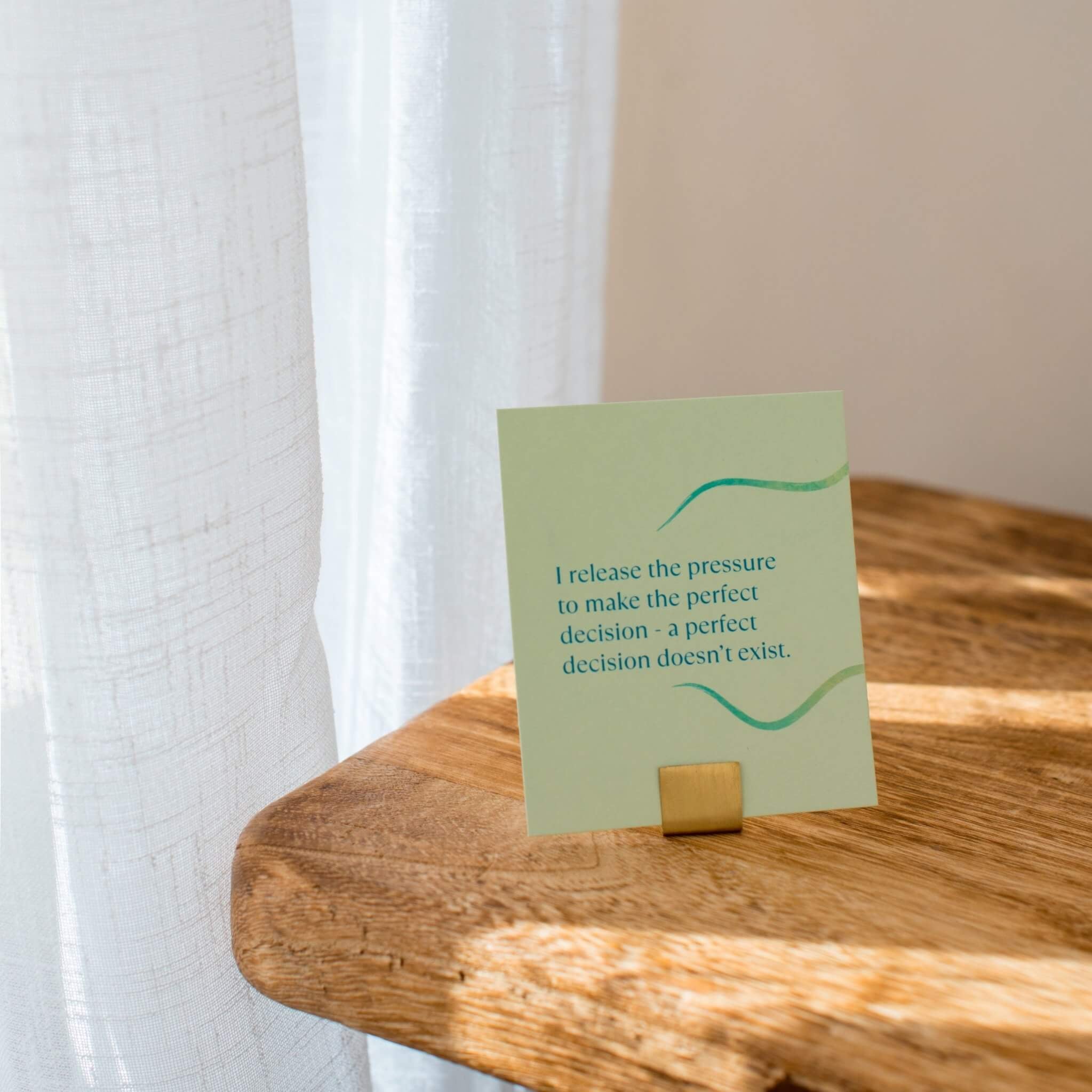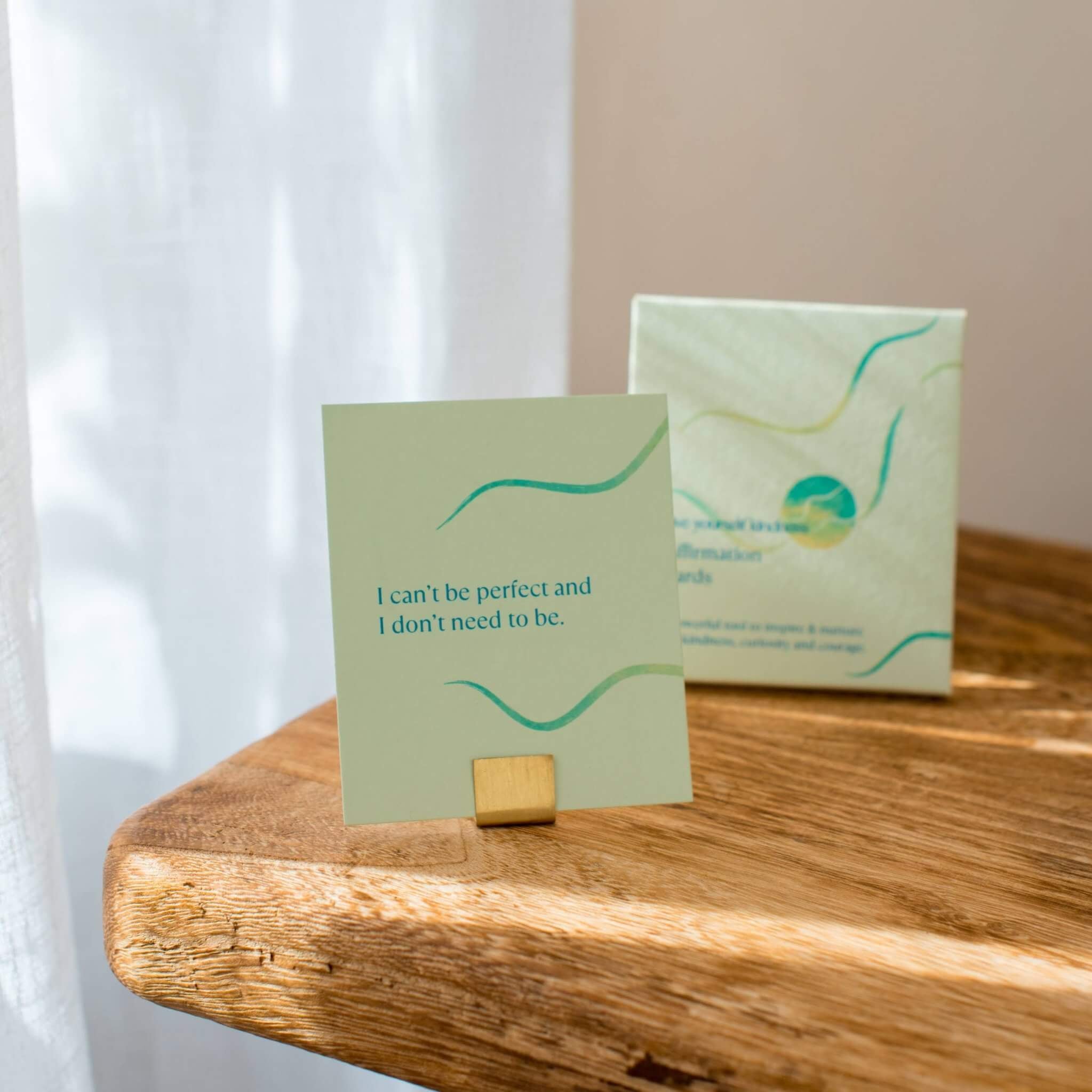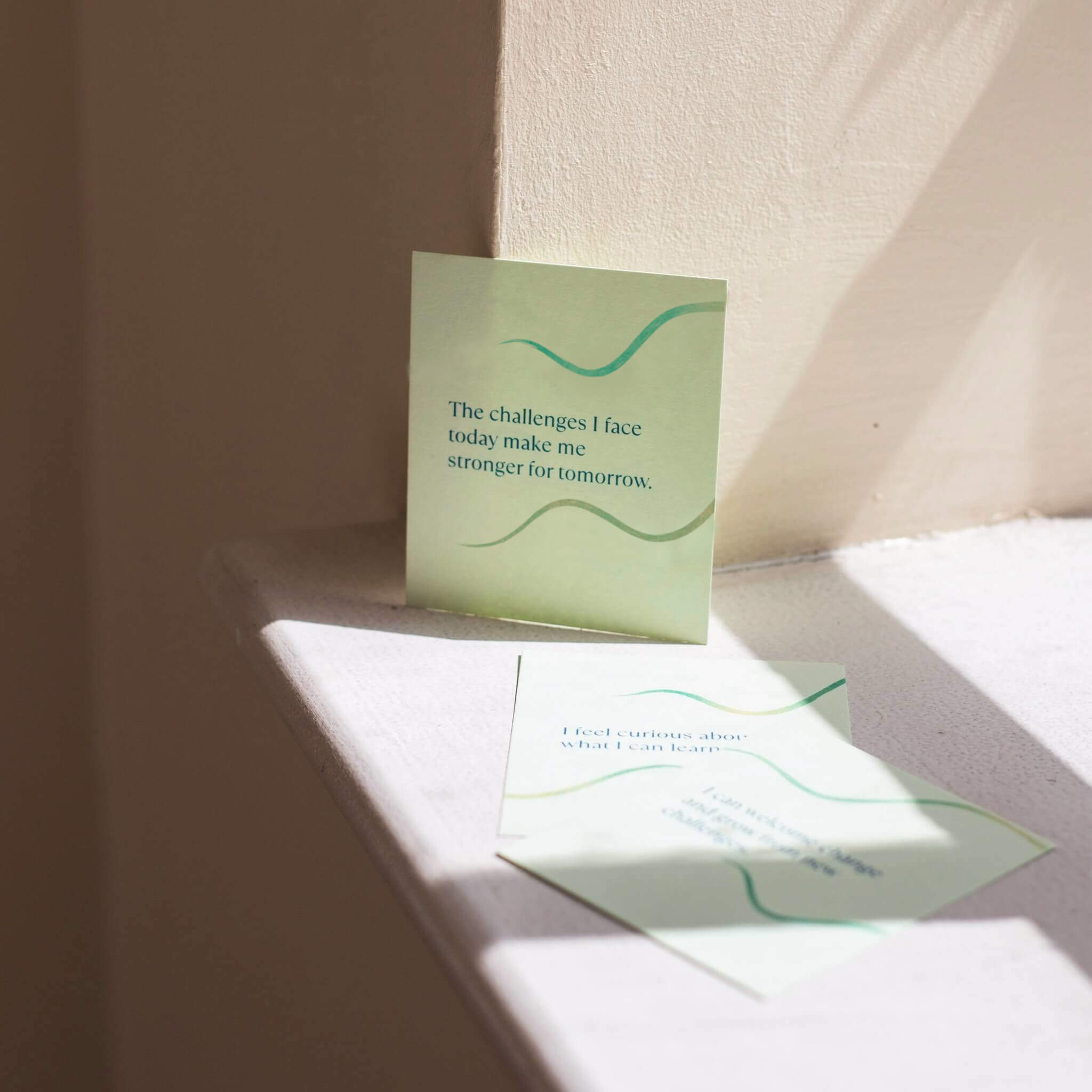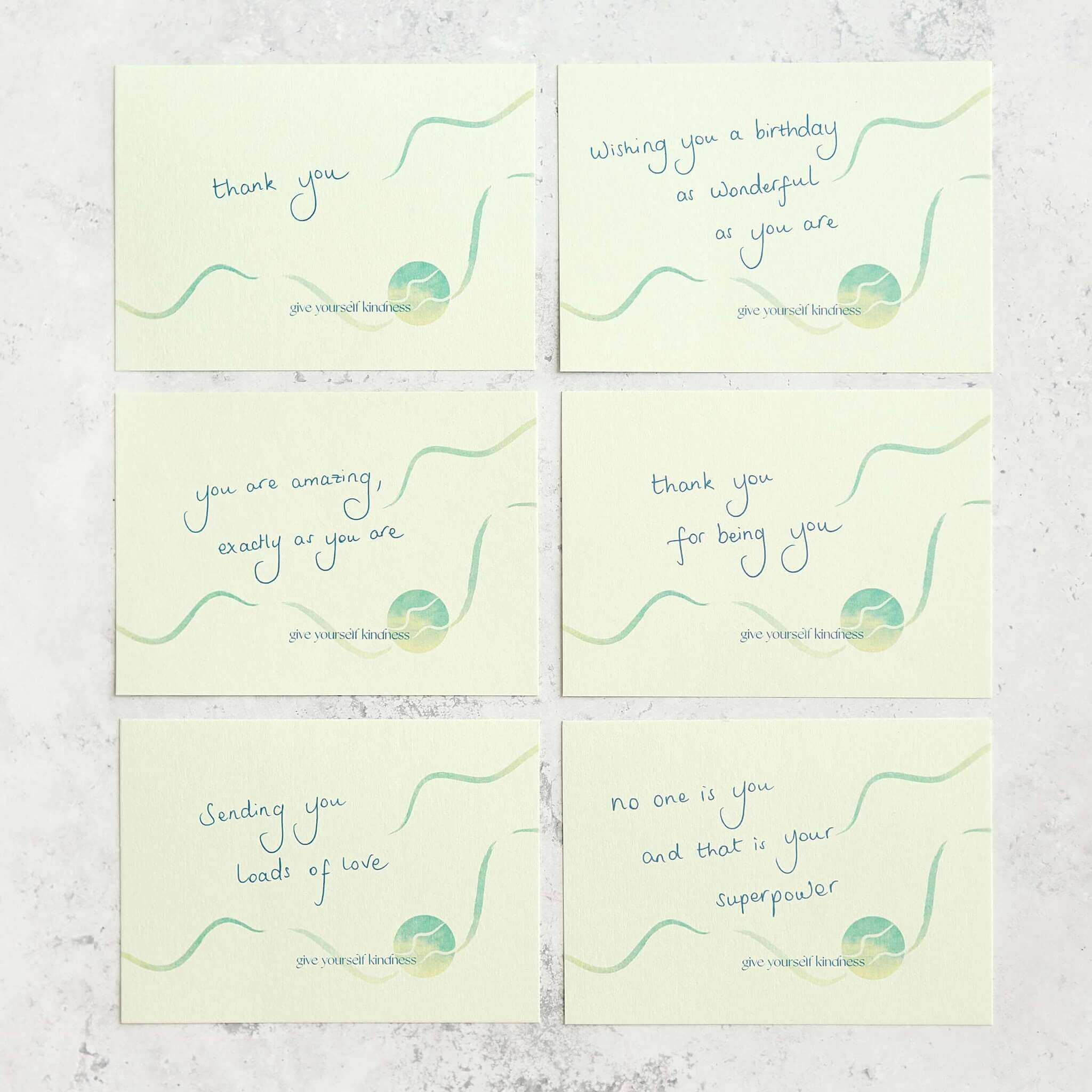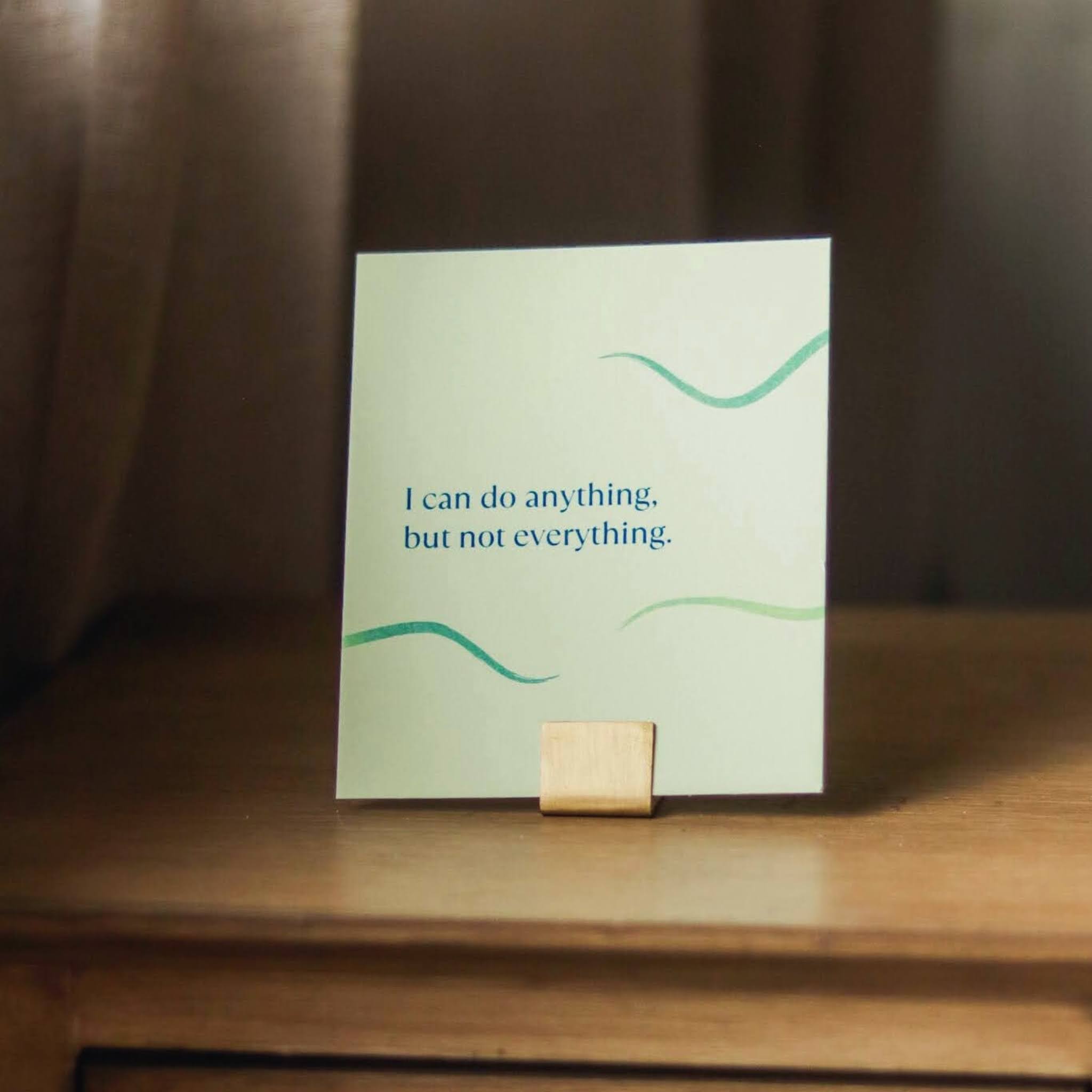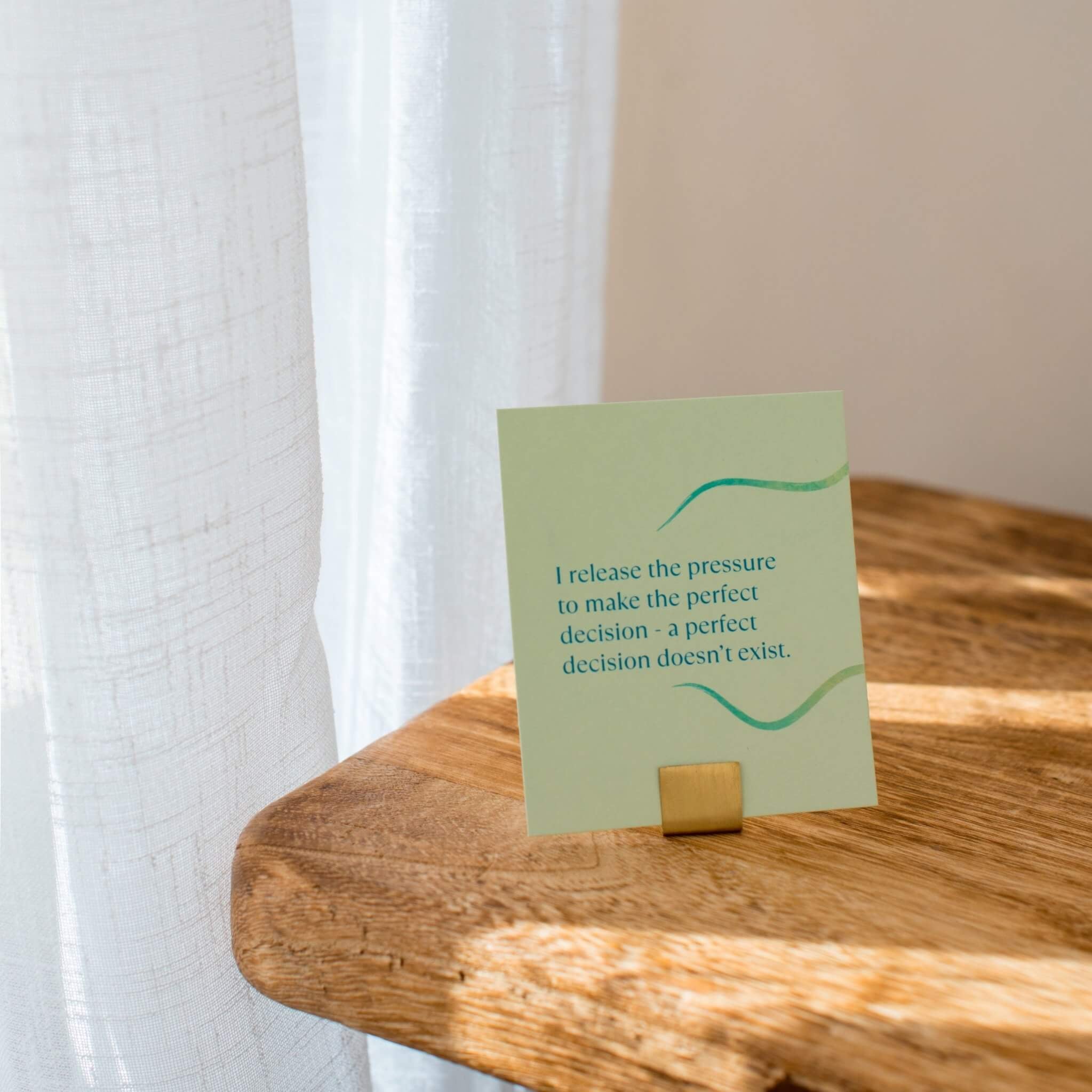written exclusively for Give Yourself Kindness by Emma Clark, a registered psychotherapist (qualifying) who uses evidence-based practices to help you understand and address the interconnectedness of your physical, emotional, and mental experiences.
Our relationship with emotions
As a psychotherapist, I have had the privilege of helping many individuals navigate their emotional landscapes. We are all emotional beings, yet so many of us have a hard time knowing what to do with our emotions.
I have seen firsthand, many times, how transformative it can be for individuals to develop a healthier relationship with their emotions. In this post, I’ll provide practical insights and techniques to help you process your feelings effectively. Let’s get into it!
Removing the judgement from the emotion we feel
The first thing that is really important to understand when it comes to emotional health is that emotions are never wrong or invalid. They are merely information, offering insights into your inner world.
Judging your emotions, suppressing them, or expressing them unhealthily can lead to problems, but the emotions themselves are not the issue.
'feelings are not inherently good or bad; they simply exist'
Put another way: feelings are not inherently good or bad; they simply exist. They can guide you and offer valuable insights if you allow and express them healthily.
When you judge yourself for your emotions, you create additional suffering. So instead, try to approach your feelings with curiosity and acceptance.
Cultivating an observer's mind
Approaching feelings with curiosity and acceptance is a lot easier when one can cultivate an observer's mind.
'our minds often craft stories that are not true'
Essentially, this practice involves noticing your thoughts with non-judgmental awareness. Our thoughts shape our reality, but our minds often craft stories that are not true. These stories can lead to anxiety, fear, and self-criticism if left unchecked.
Separating you from your thoughts
By learning to notice and create space from these thoughts, you reduce their power over you. This process involves observing your thoughts without getting entangled in them, recognizing that you are not your thoughts—you are the one who notices them. This shift can lead to a life less constrained by limiting beliefs.
The RAIN exercise: navigate your feelings with compassion and awareness
When it comes to actually observing, feeling, and processing emotions, it’s often not that people don’t want to, but that they were never taught HOW to.
This is why I love the RAIN exercise - it actually provides a framework to help you navigate your feelings with compassion and awareness.
RAIN stands for Recognize, Allow, Investigate, and Nurture. This method not only helps you process emotions but also addresses the critical inner dialogue that often accompanies them. Let’s look at each step:
RECOGNIZE
Recognizing your emotions means consciously acknowledging the thoughts and feelings that arise within you. This step is crucial because without awareness, we can't address our experiences, making it more likely for them to persist and disturb us.
Take a moment to pause and identify what you are feeling. Name the emotion: sadness, anger, fear, joy, or whatever it may be.
ALLOW
Allowing your emotions involves letting them be without judgment or the urge to fix or avoid them. This step requires acceptance of your current emotional state. You may not like how you feel, but acceptance is key.
Ask yourself,
"Can I let this feeling be here, just as it is?"
This also means recognizing that your feelings are valid and not inherently good or bad.
INVESTIGATE
In the investigation step, get curious about your emotions. Explore them with a gentle, inquisitive mind.
Ask yourself:
"What most wants my attention right now?"
"How am I experiencing this in my body?"
"What am I believing about this situation?"
"What does this vulnerable part of me need?"
During this process, notice any self-critical thoughts that arise. These thoughts often try to protect you from perceived threats but can be misguided. Understanding their origins can help reduce their power.
NURTURE
Finally, nurture yourself with self-compassion. Address the needs of your vulnerable or wounded parts with kindness and care. Whether it's reassurance, forgiveness, or love, provide yourself with the nurturing you require.
Replace self-critical thoughts with affirmations such as:
"I am worthy of love and respect, just as I am."
"My needs and feelings are valid and important."
"I am deserving of healthy, fulfilling relationships."
"I trust in my ability to make decisions that are right for me."
"I am committed to treating myself with kindness and compassion."
I also highly recommend the Give Yourself Kindness affirmation cards for a wide selection of compassionate affirmations.
Processing your emotions and cultivating a compassionate inner dialogue are vital steps towards emotional well-being.
The RAIN exercise can make it feel a lot more approachable to recognize the validity of your feelings, develop an observer's mind, and manage the inner critic.
Here’s a free recording that will guide you through the steps of RAIN if you’d like to try it out.
You are not your thoughts or feelings
Remember, you are not your thoughts or feelings; you are the one who experiences and responds to them. Embrace this journey with patience and kindness towards yourself.
Rooting for you!

Emma Clark is a Registered Psychotherapist (Qualifying) with the College of Registered Psychotherapists of Ontario. She specializes in working with highly sensitive individuals and those who struggle with perfectionism, self-criticism, overwhelm, and low self-esteem.





